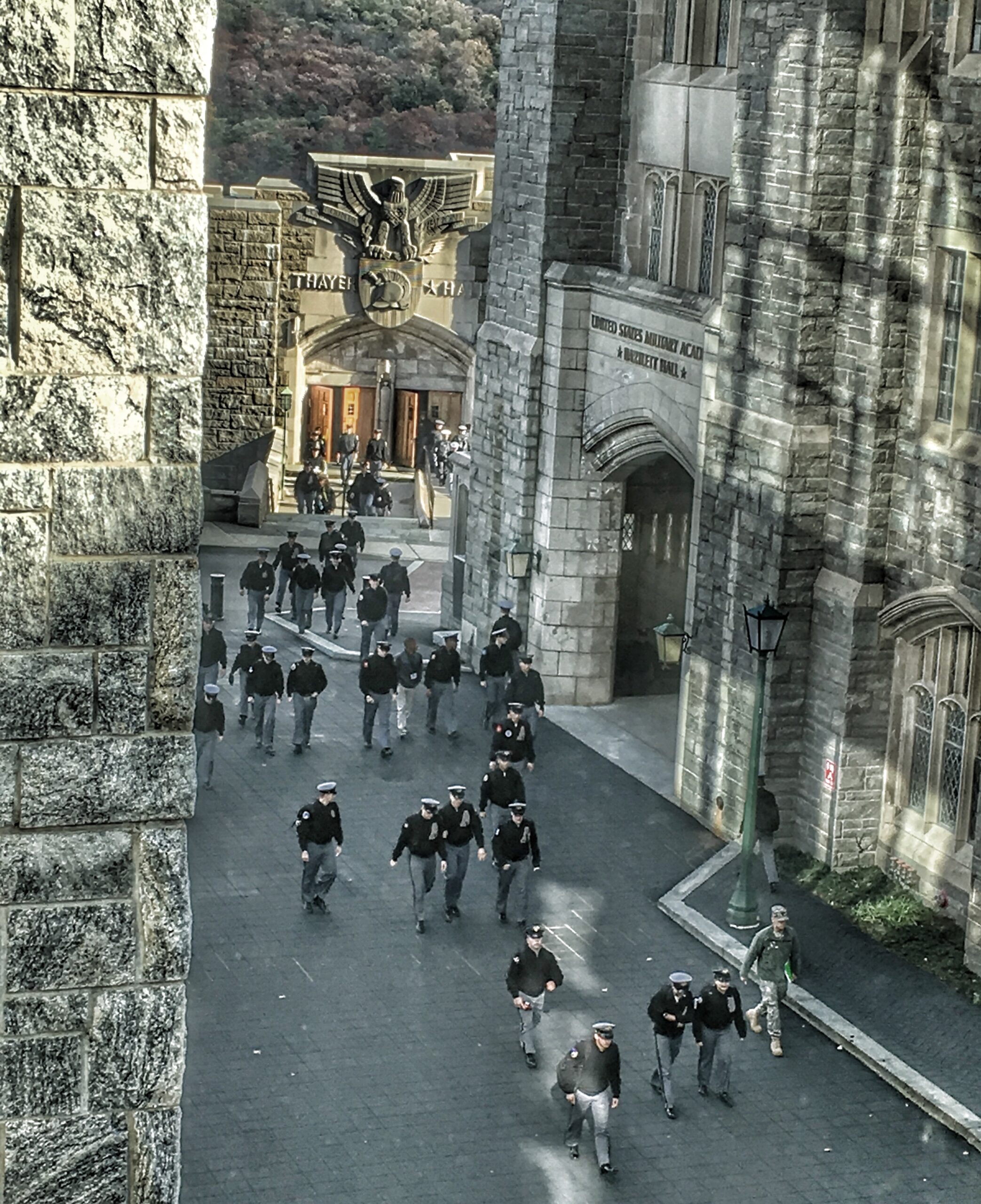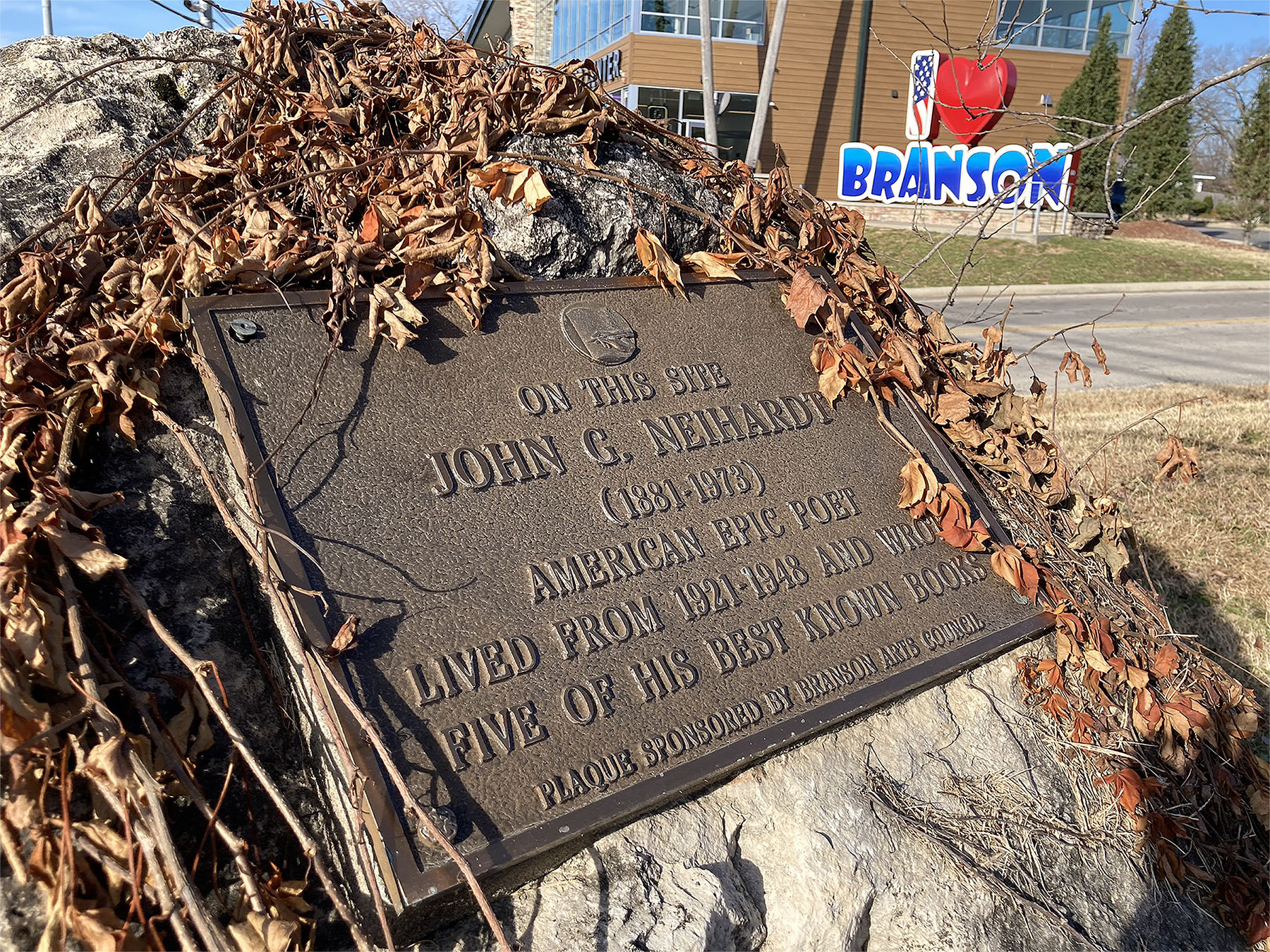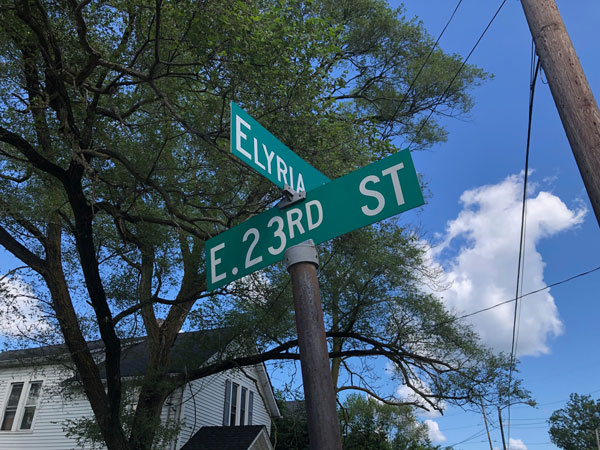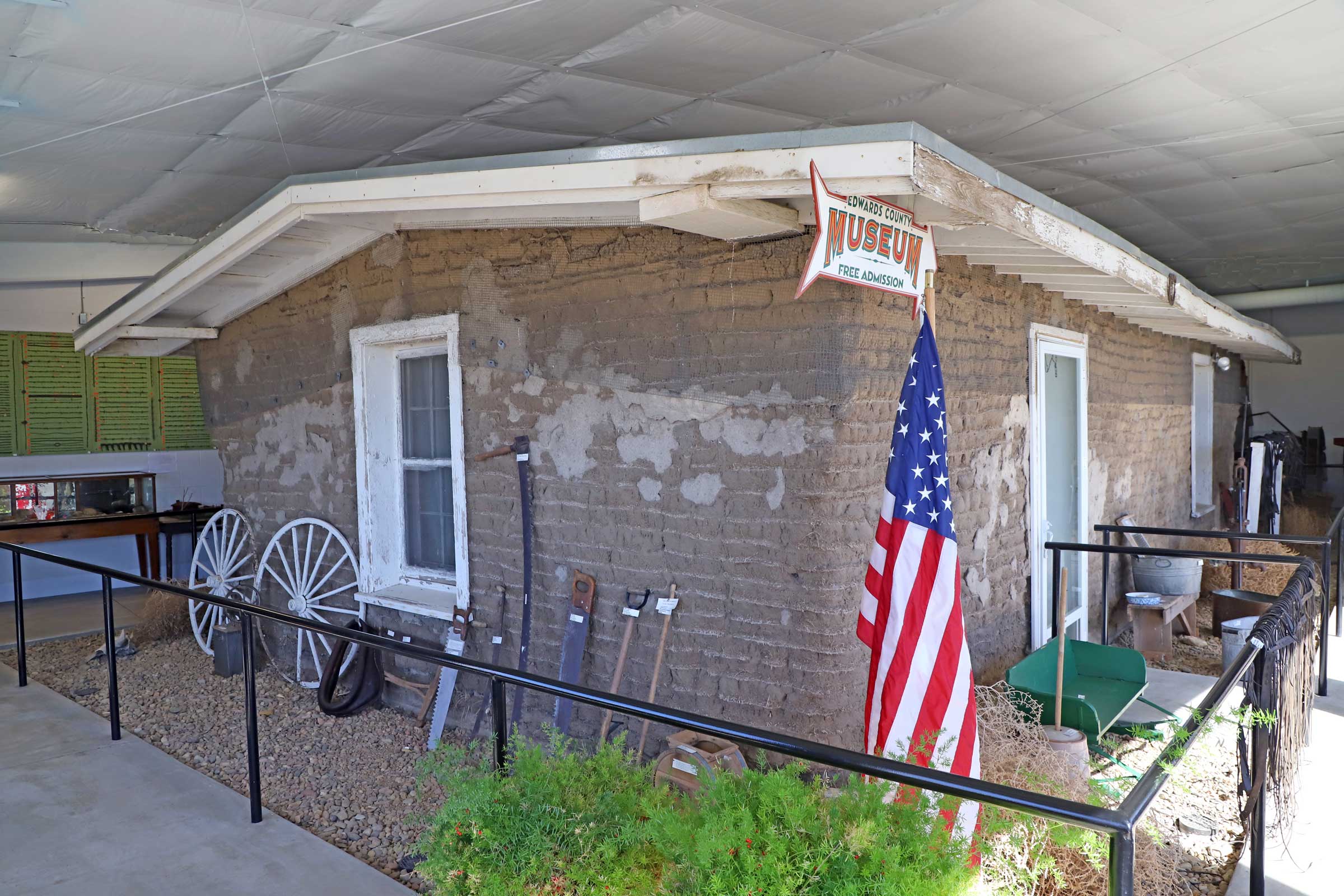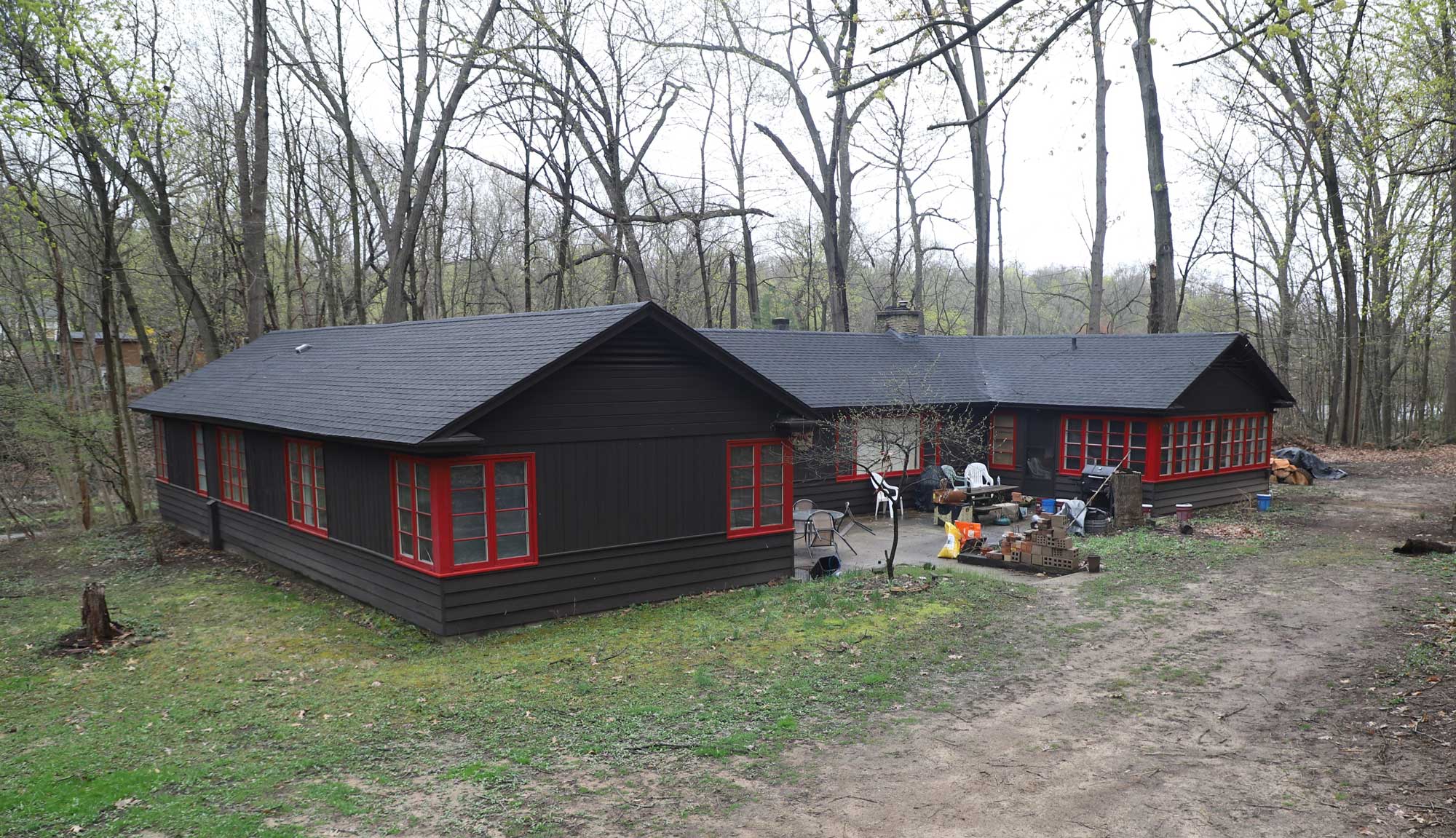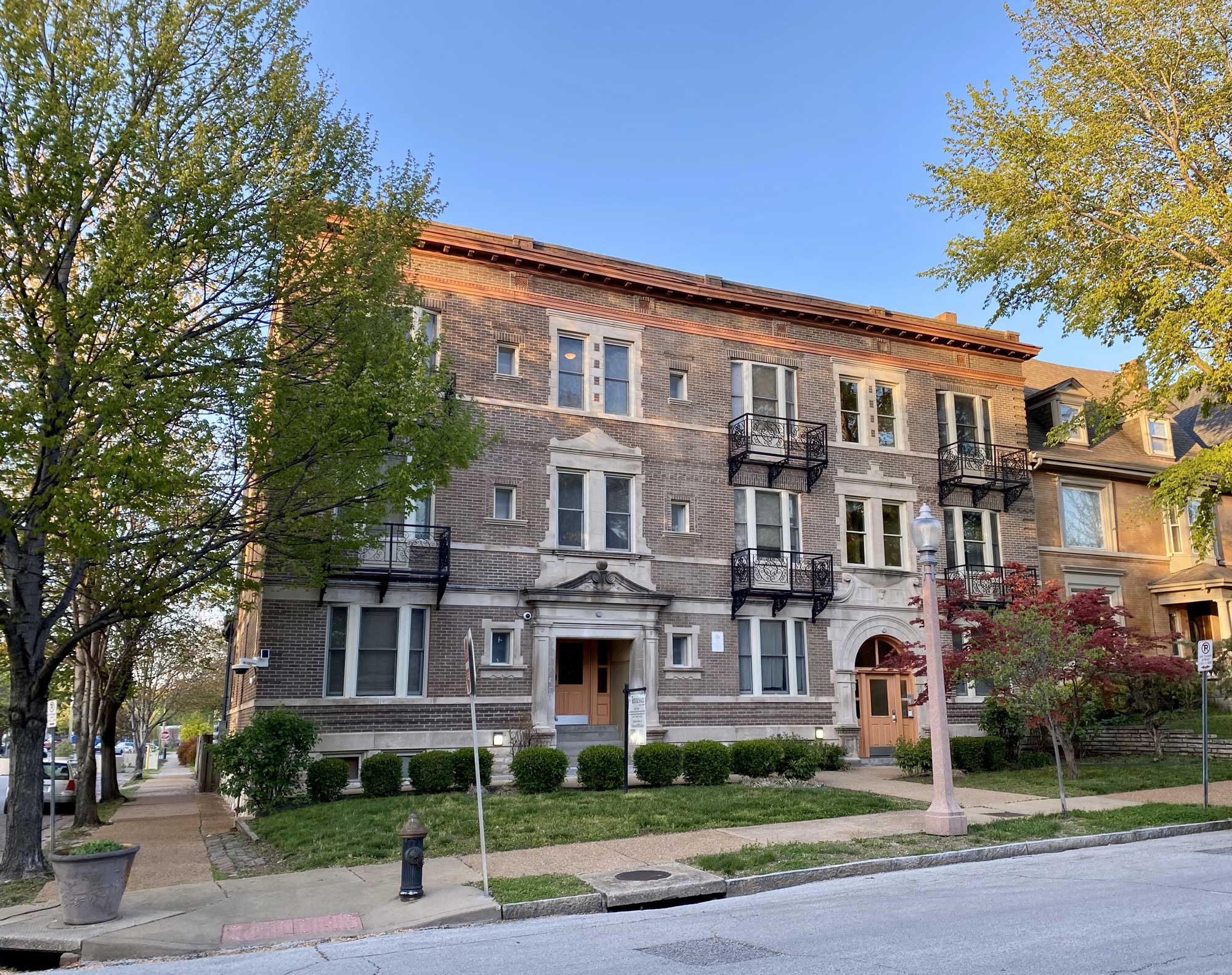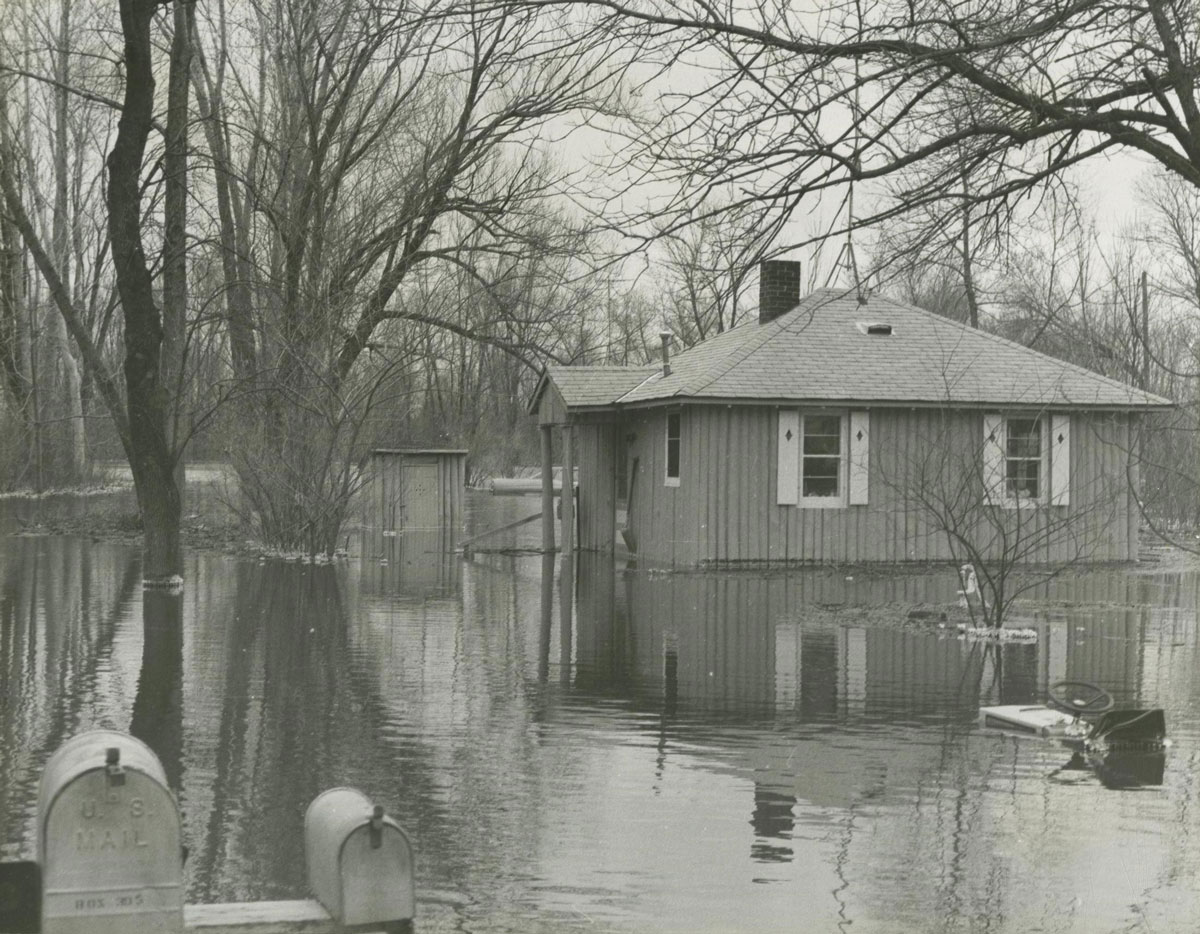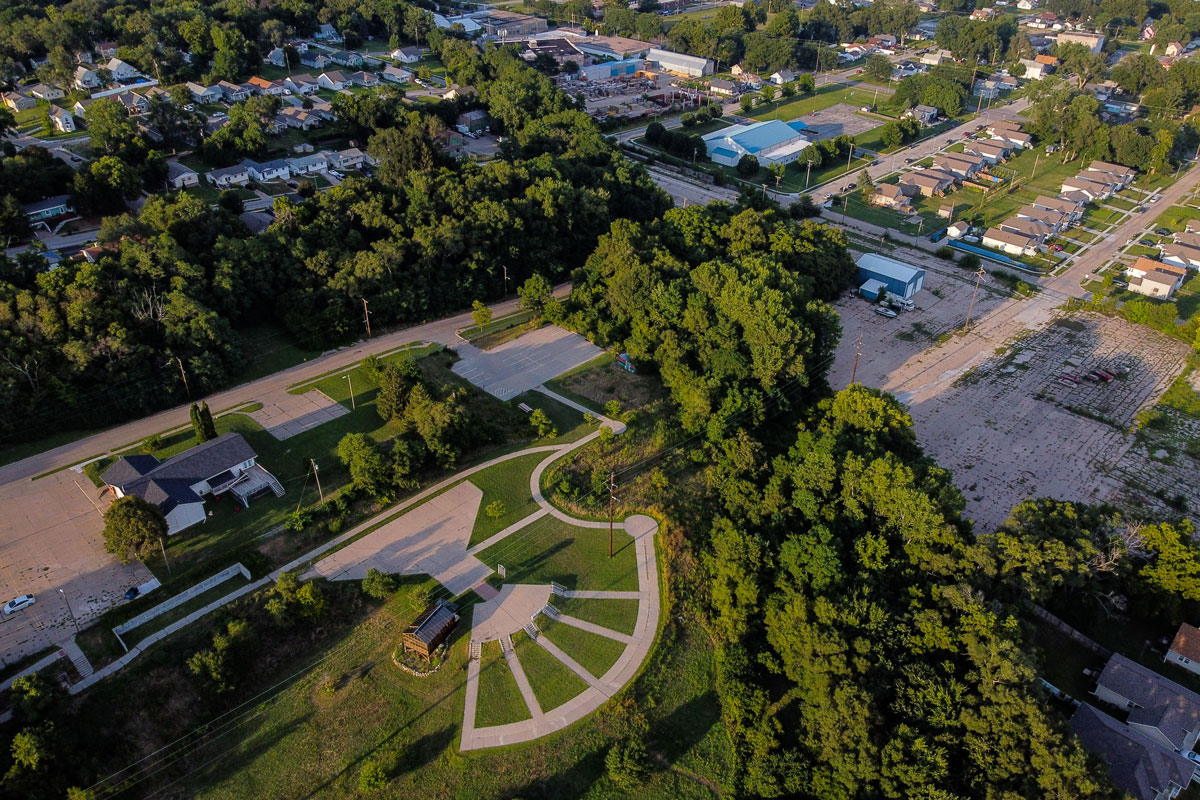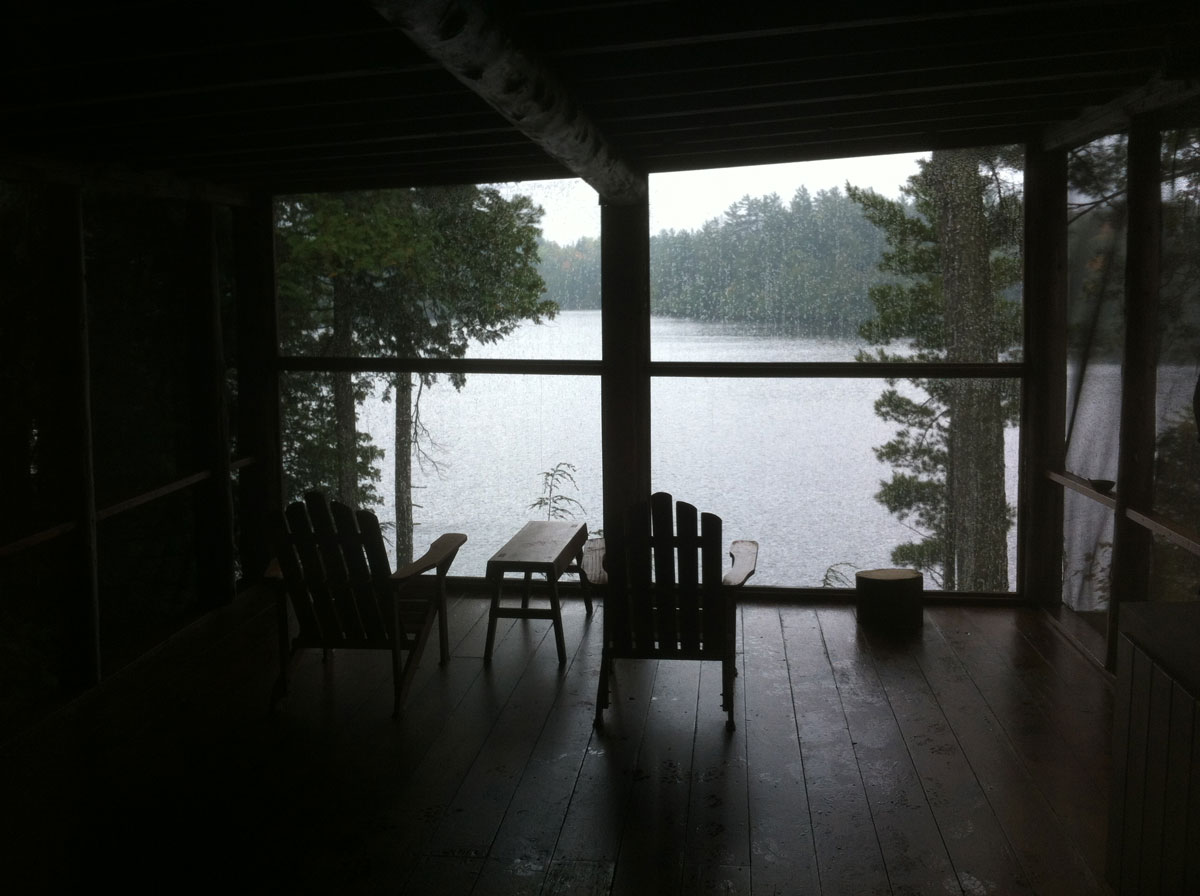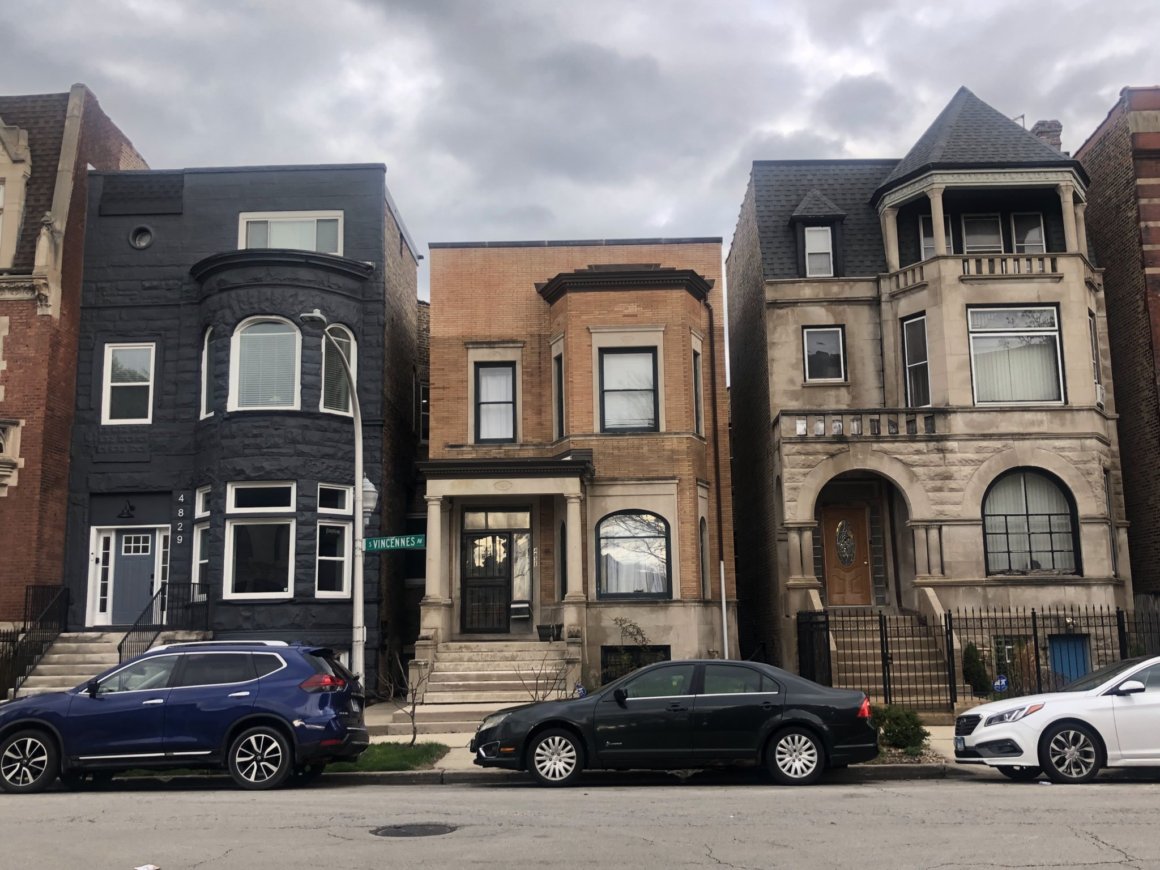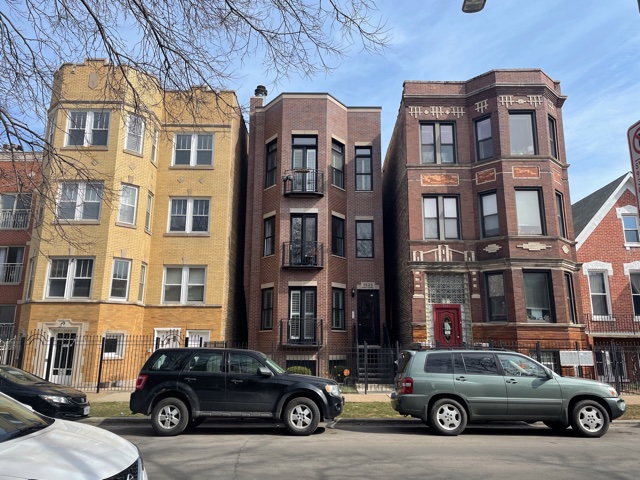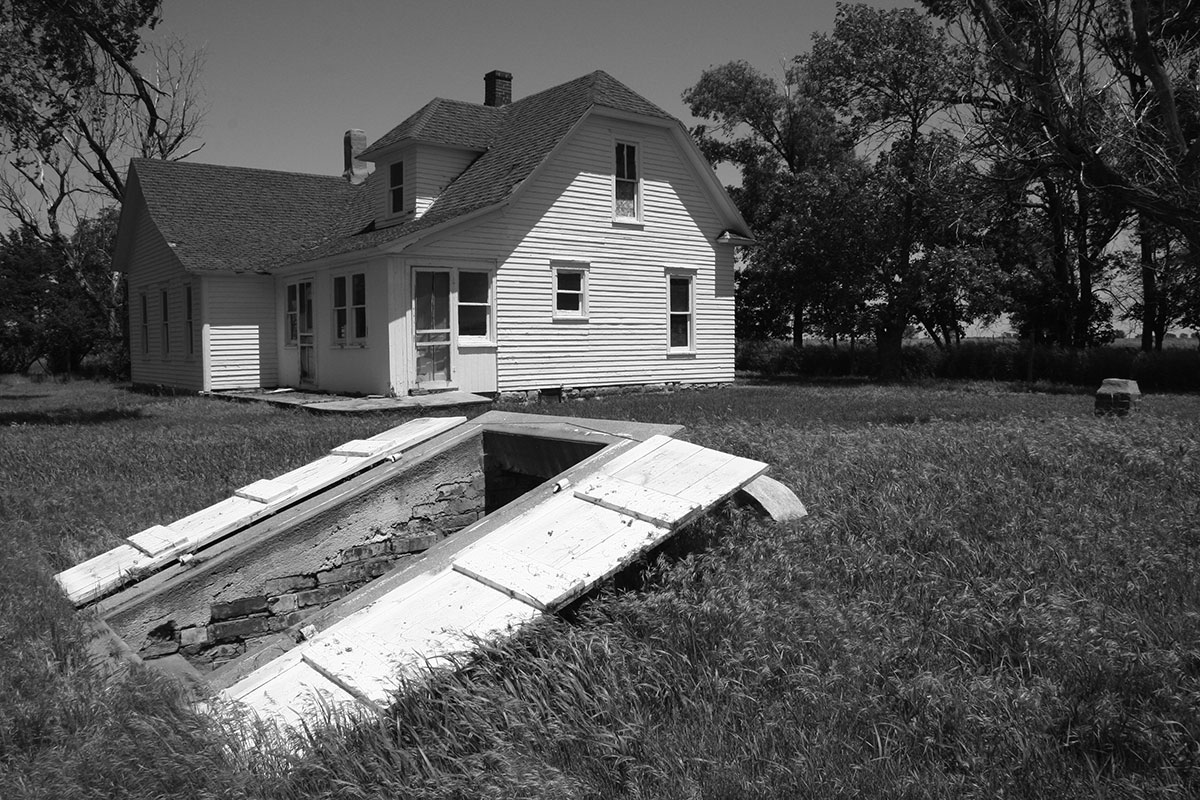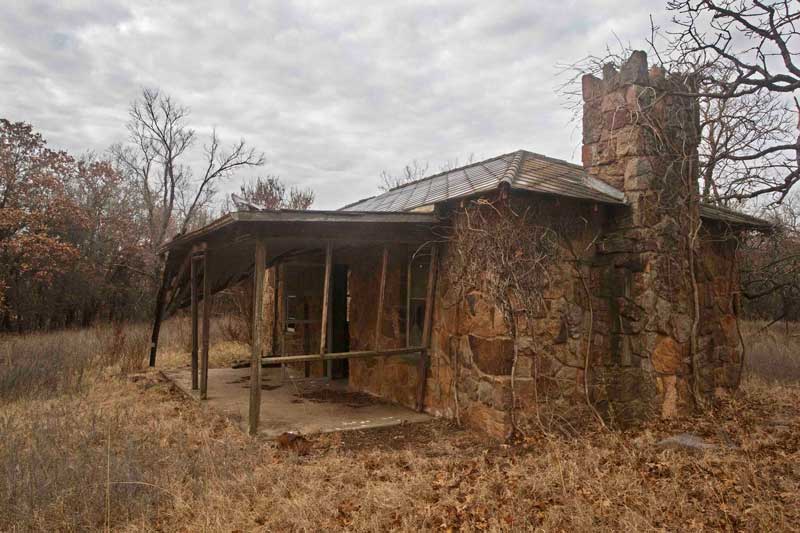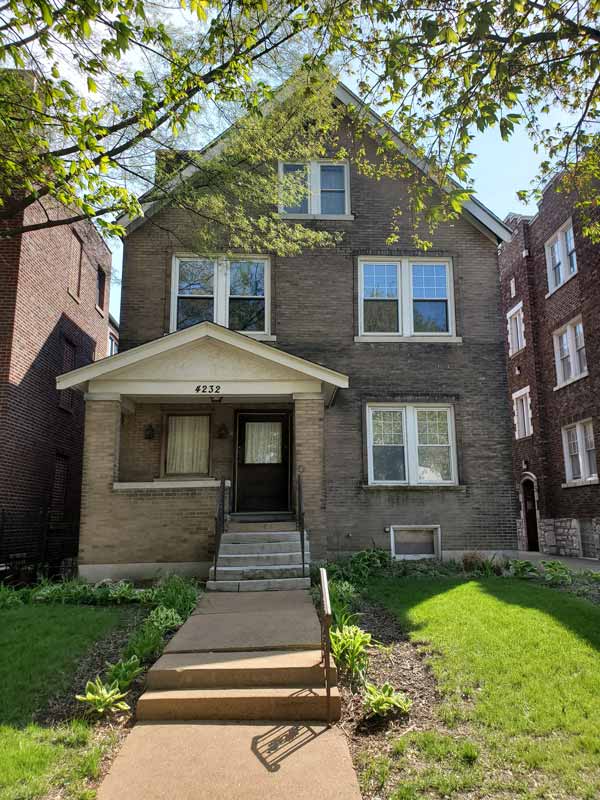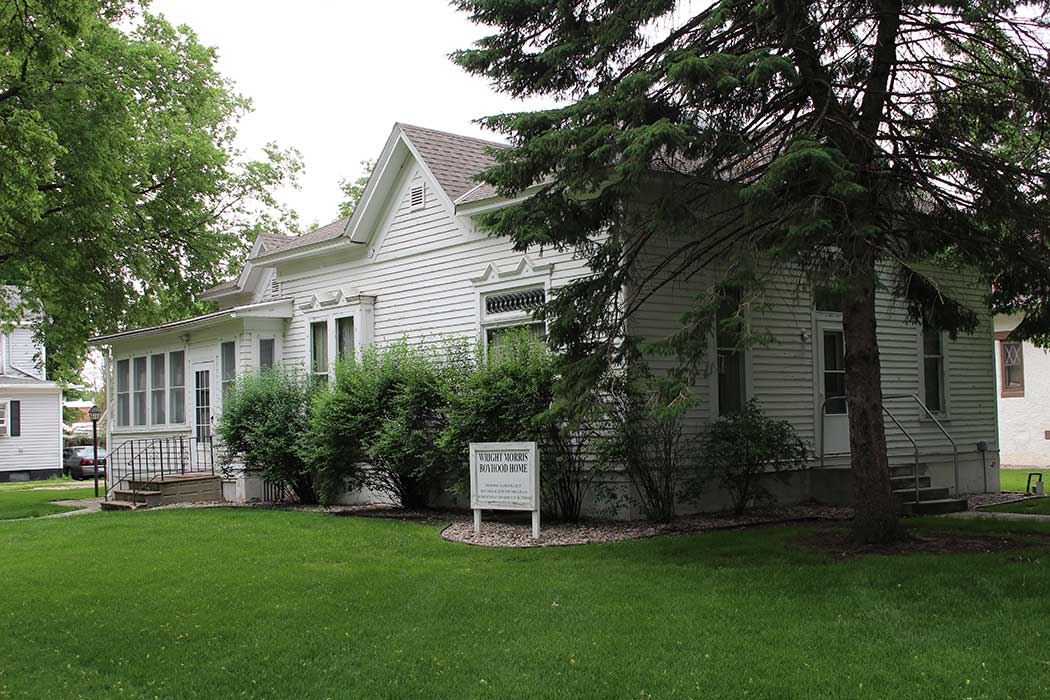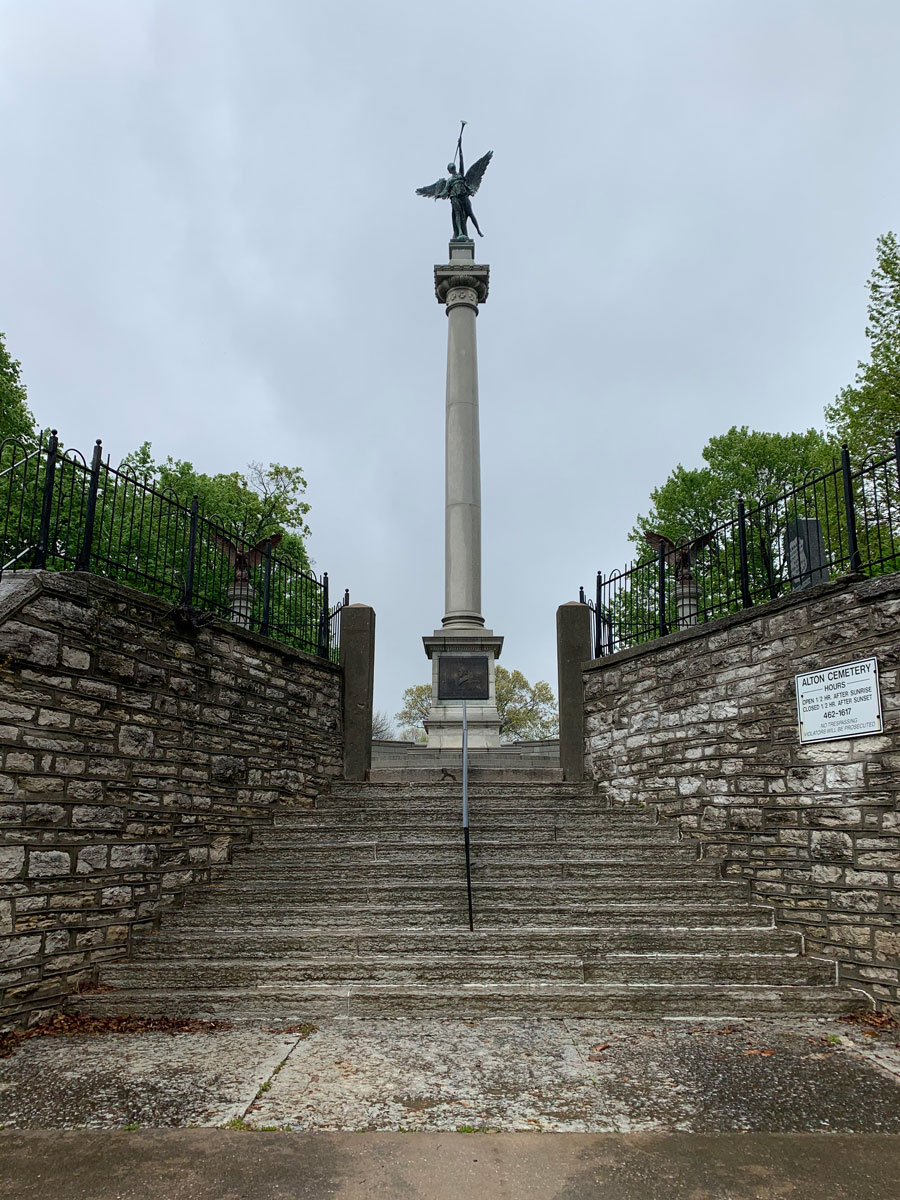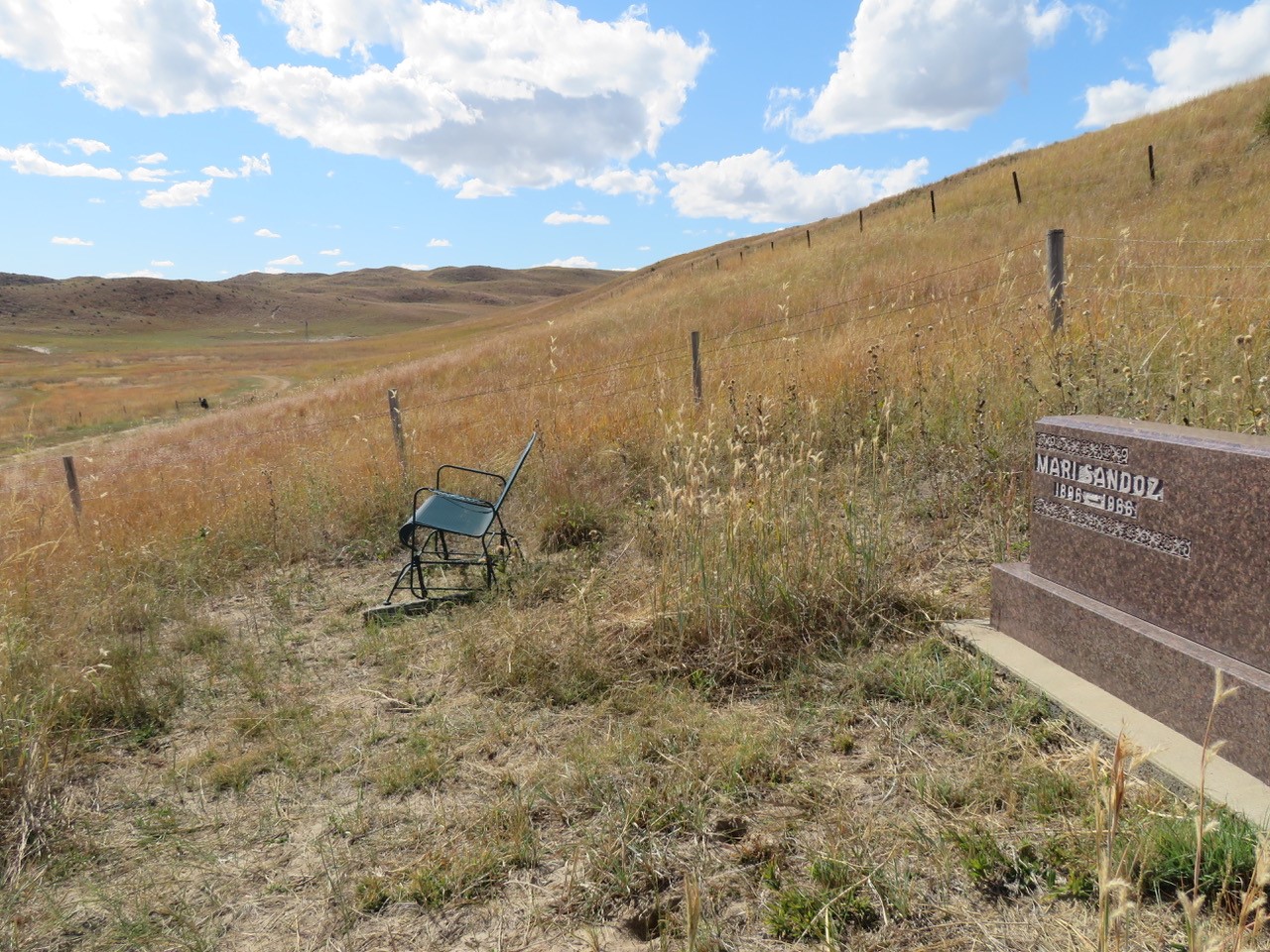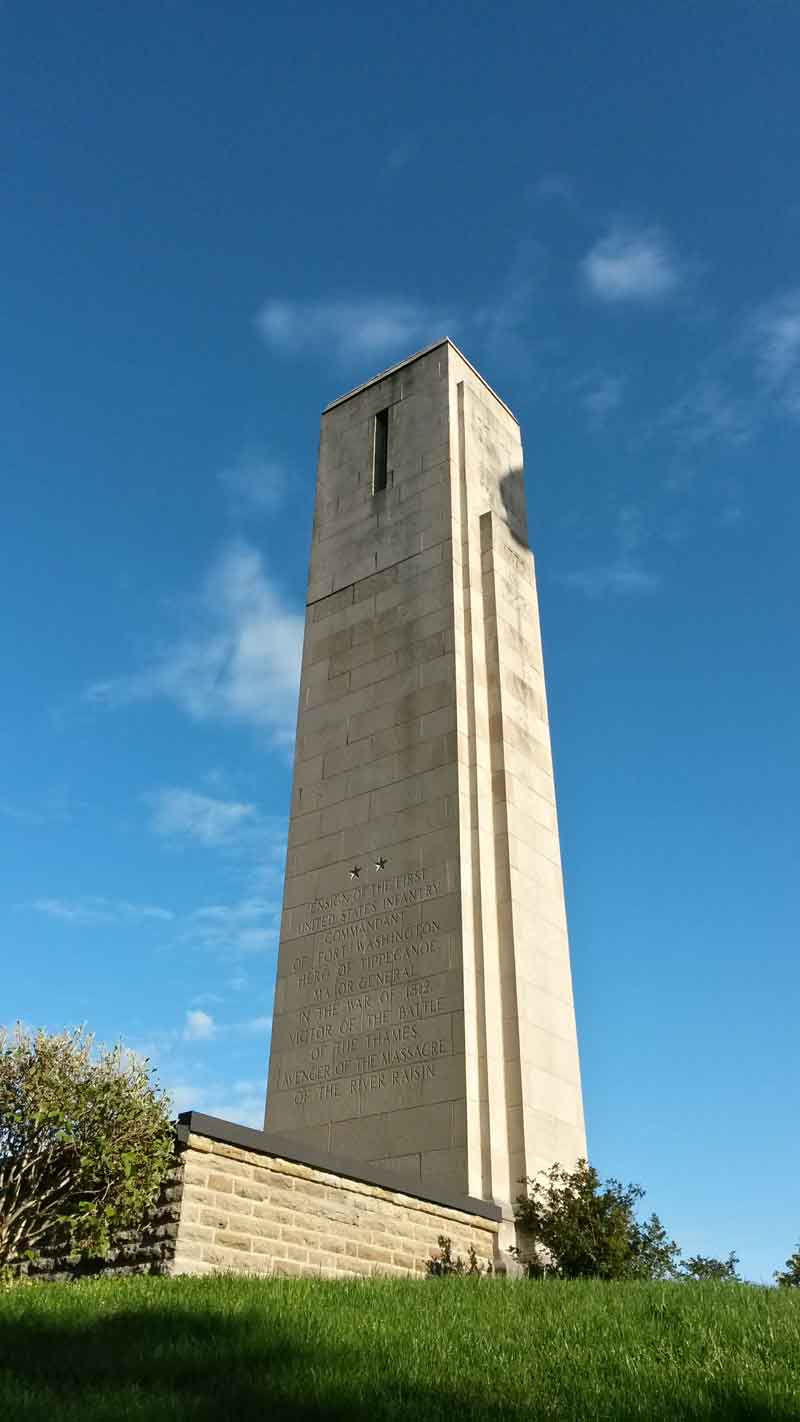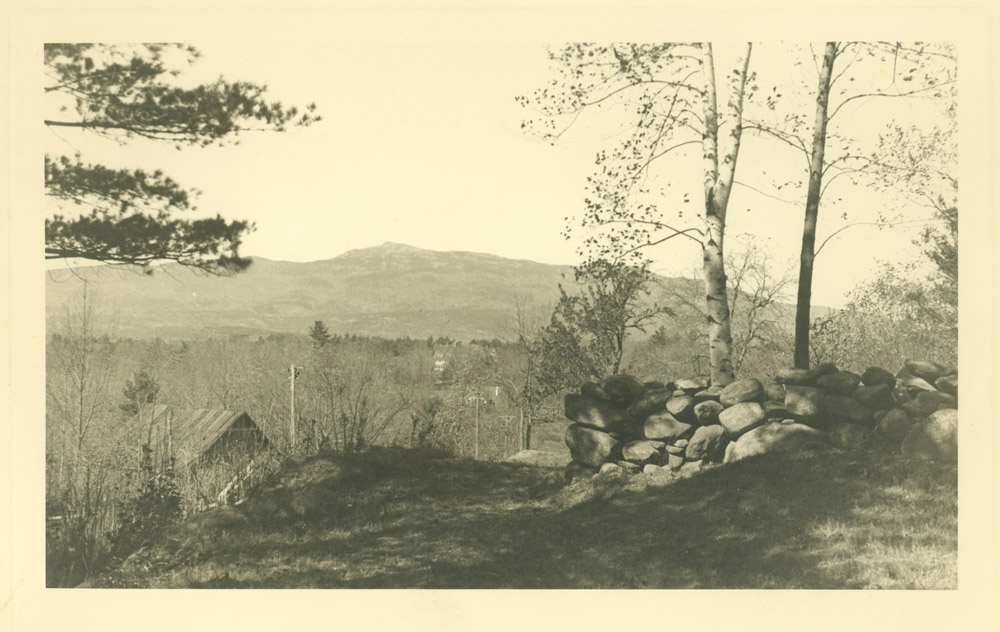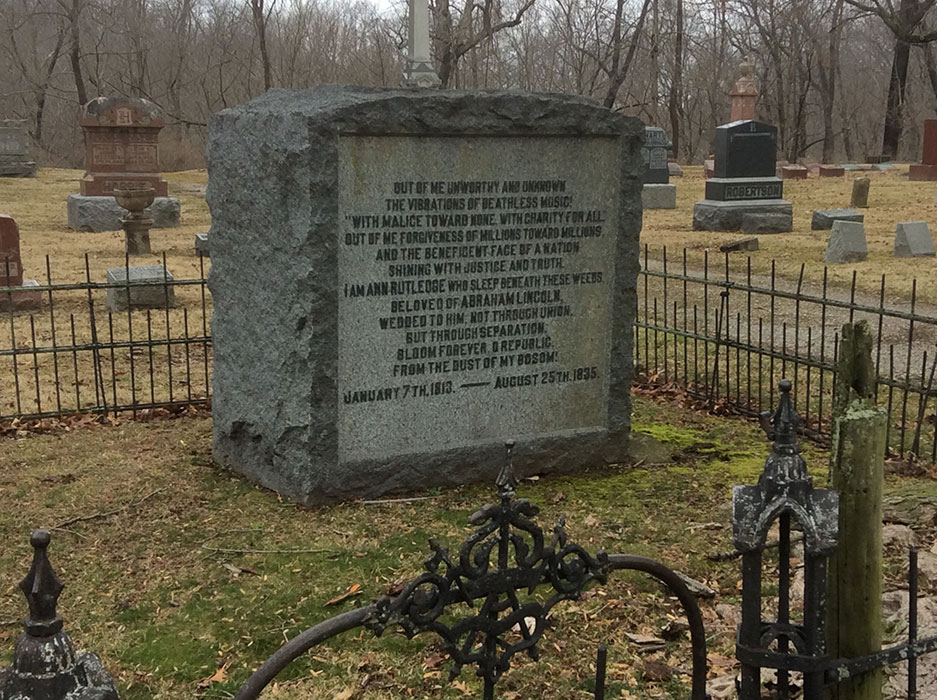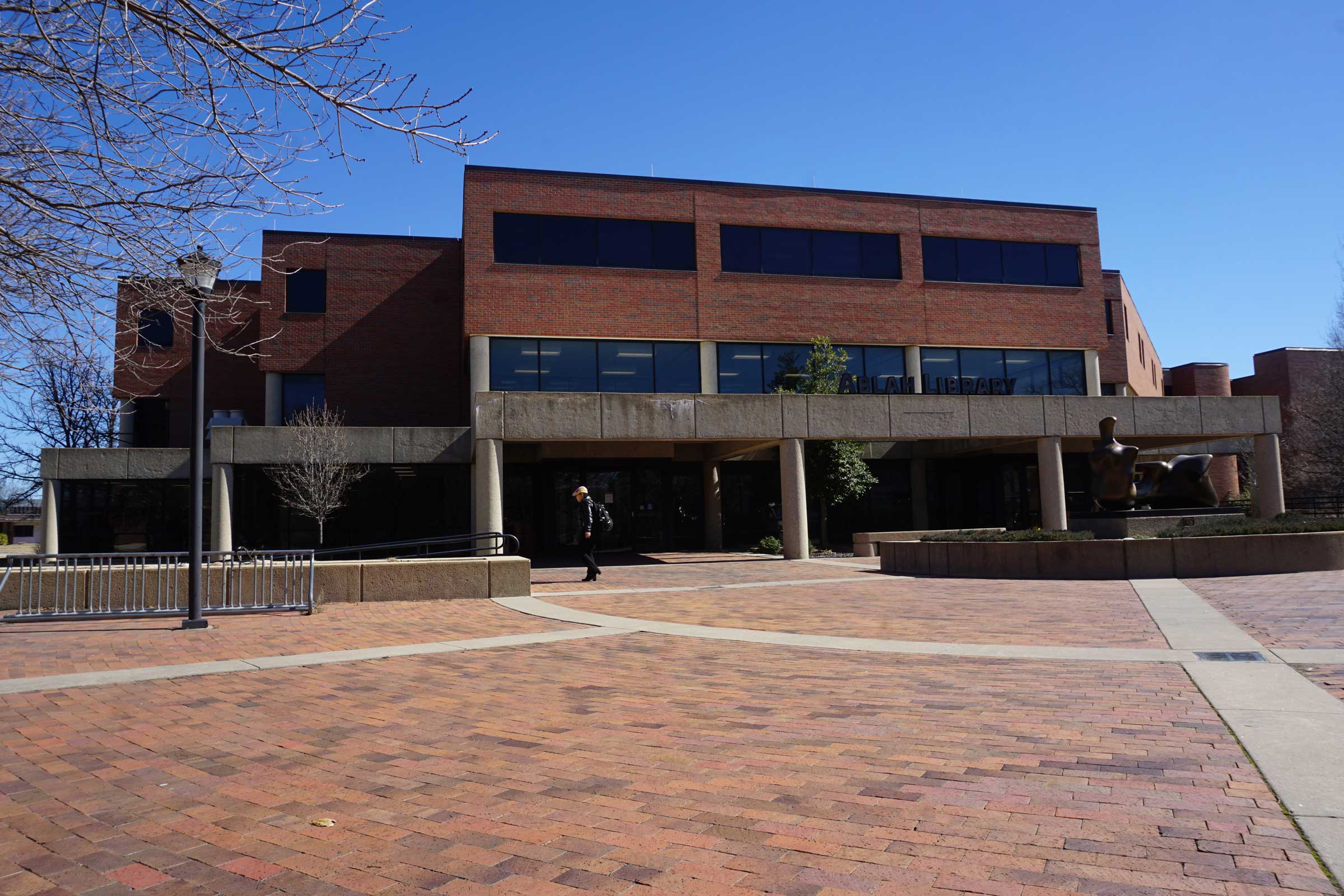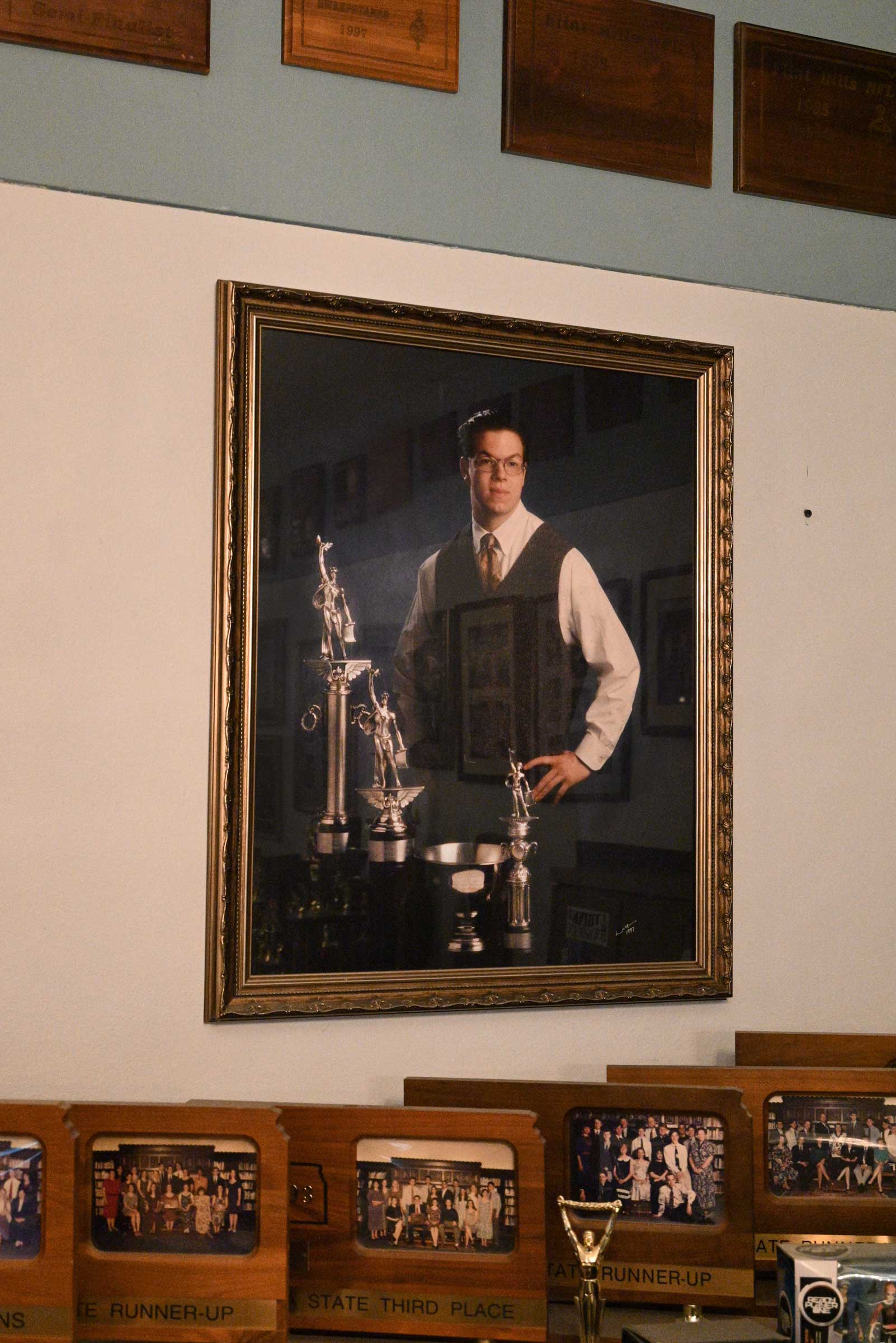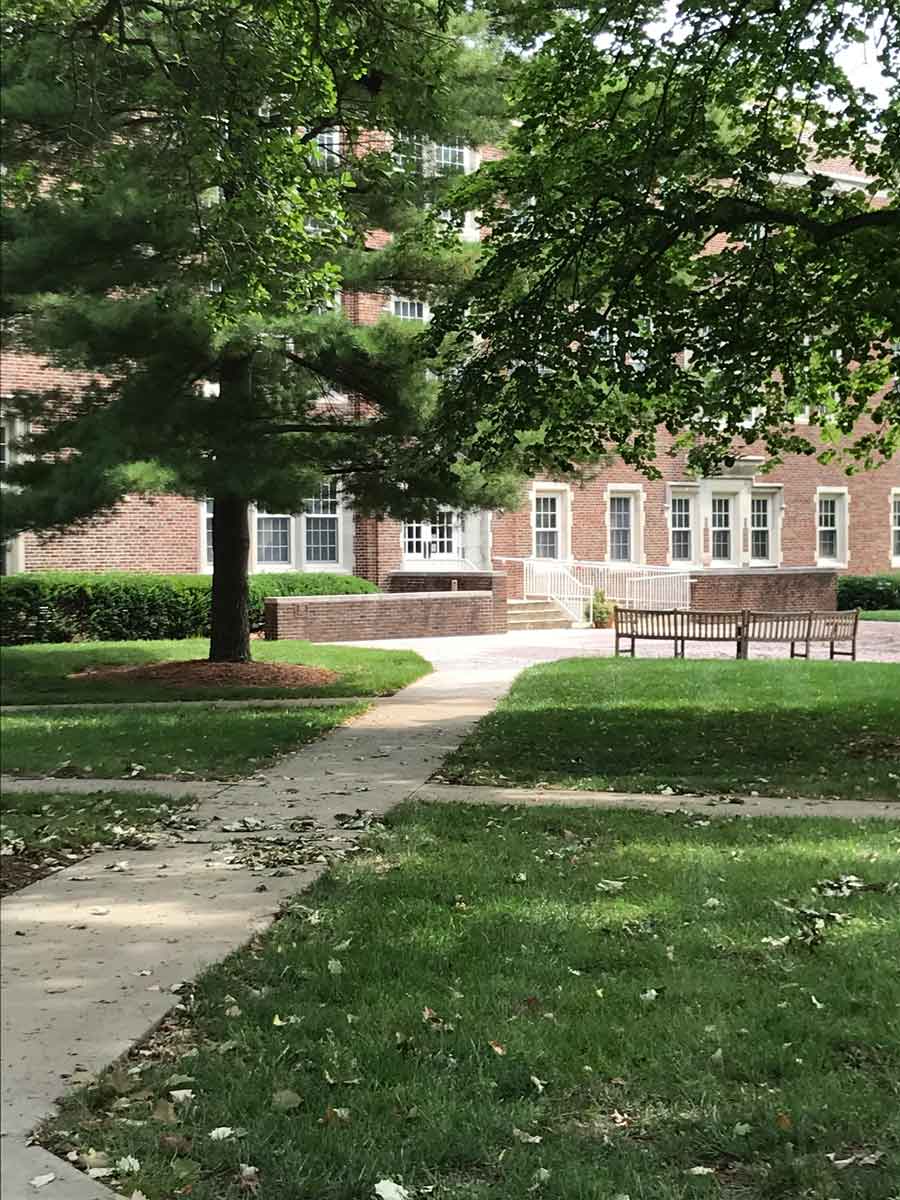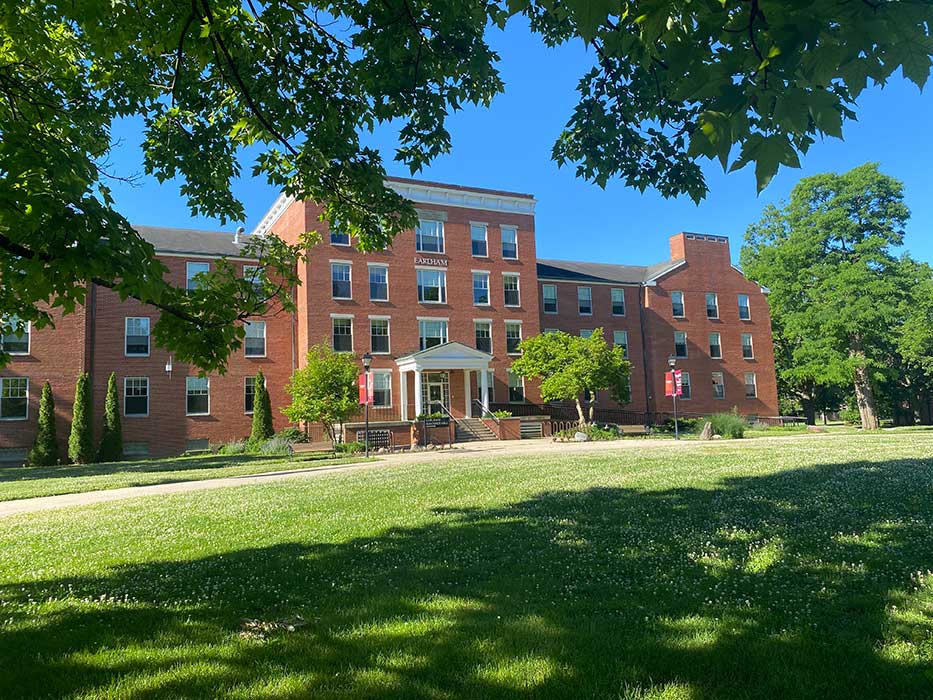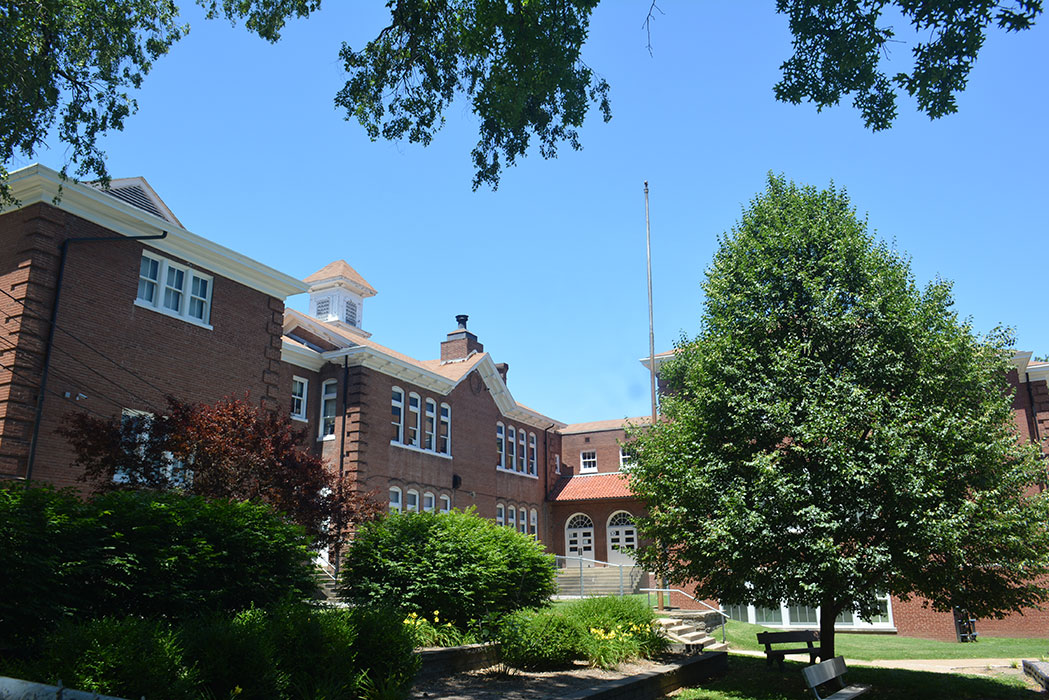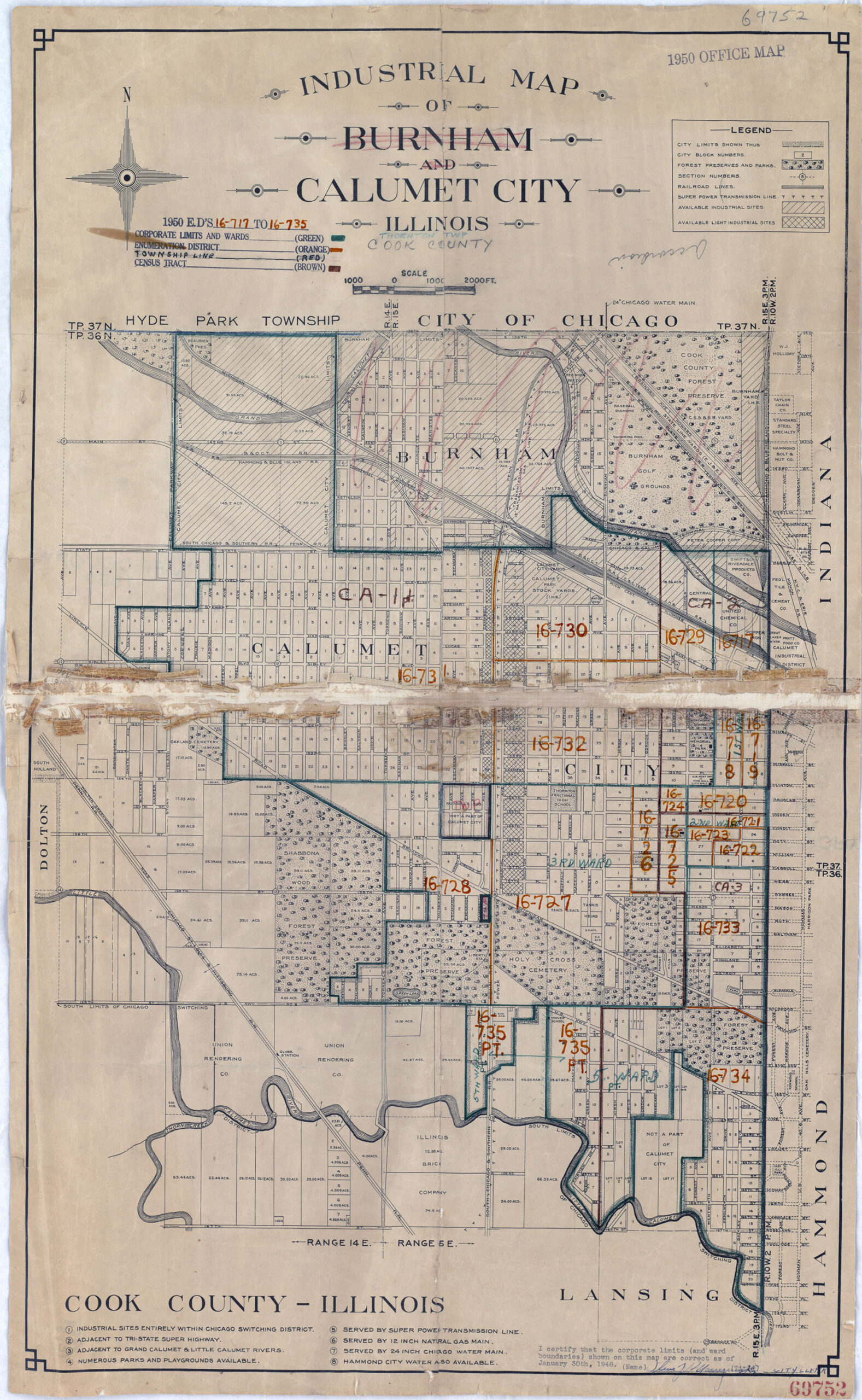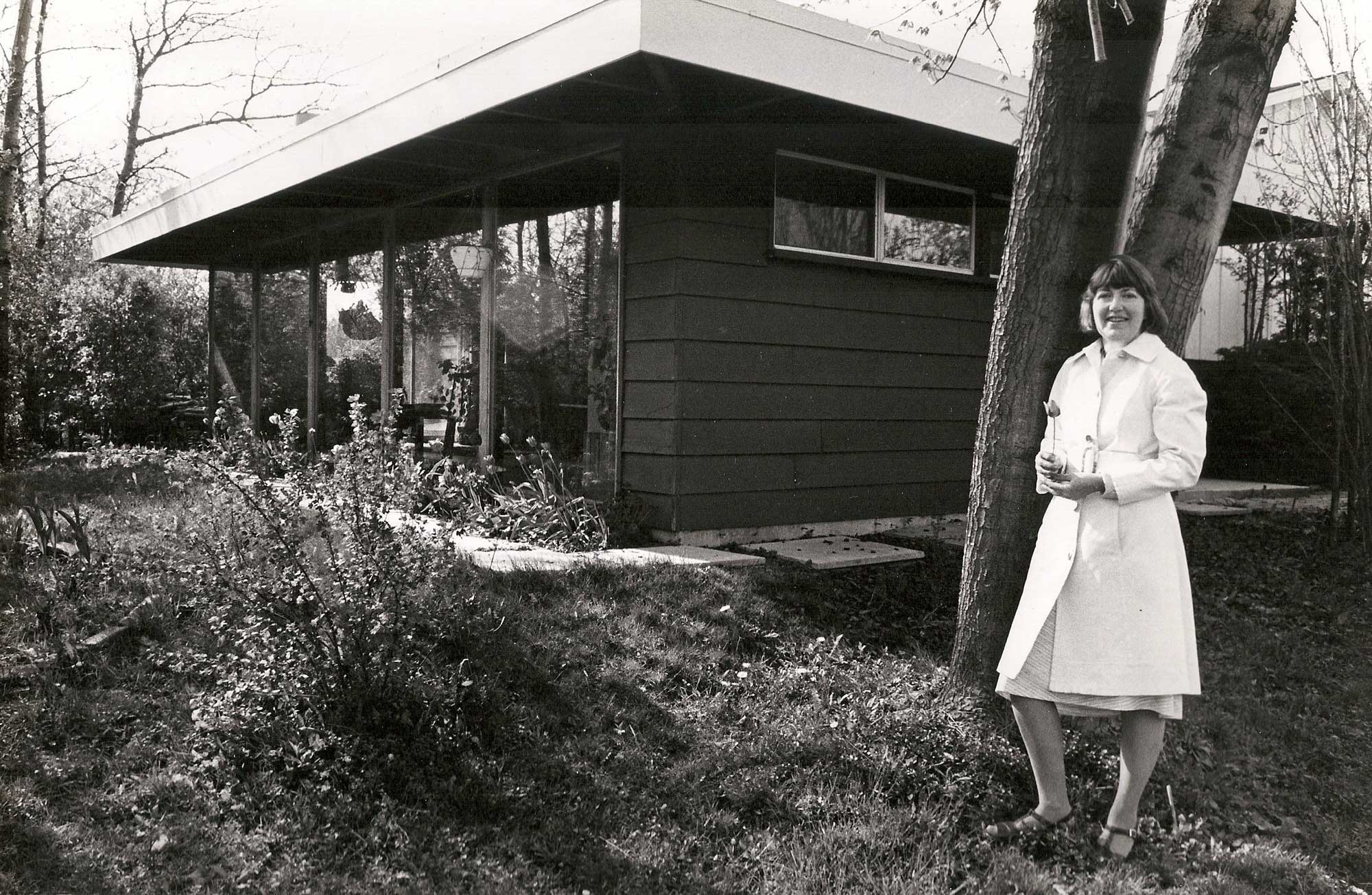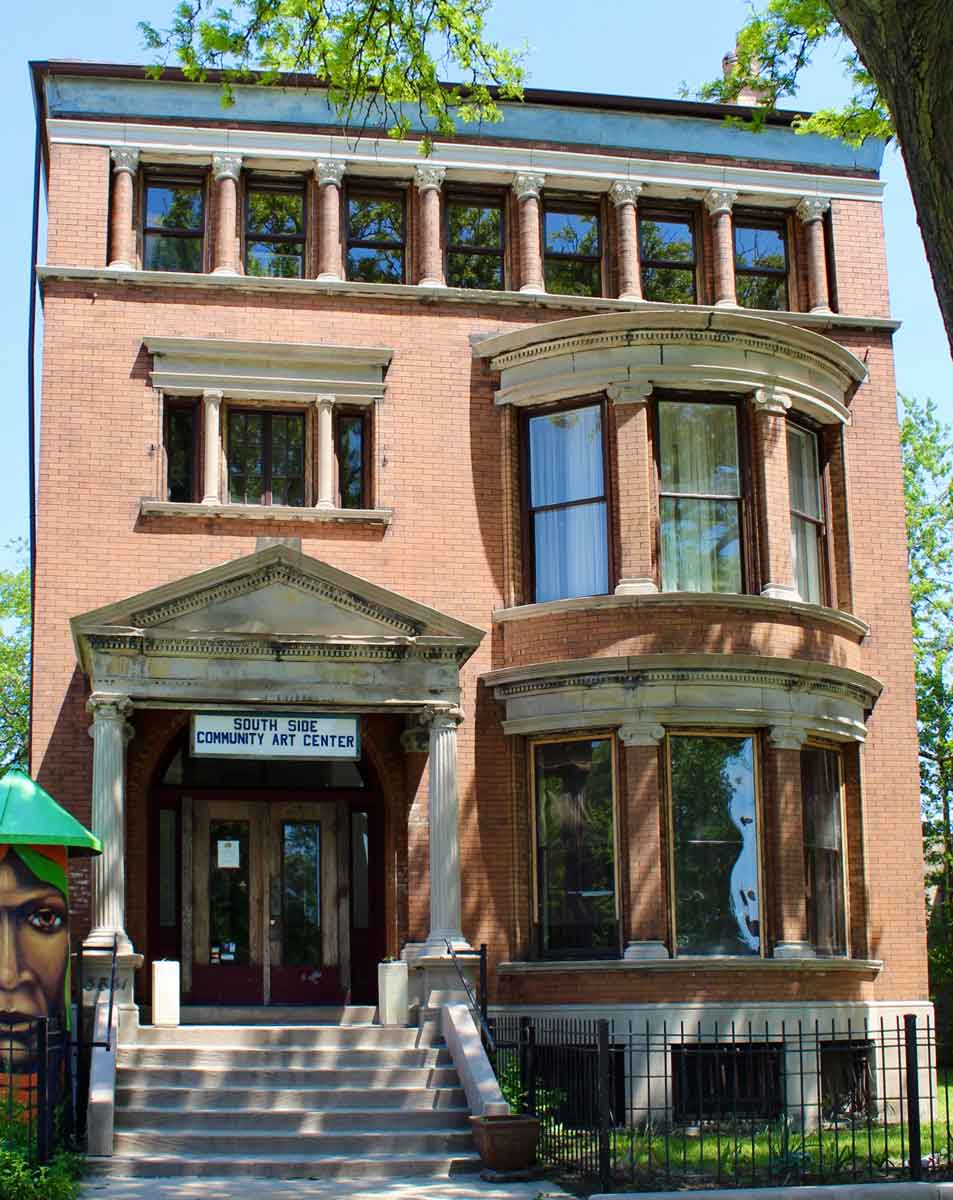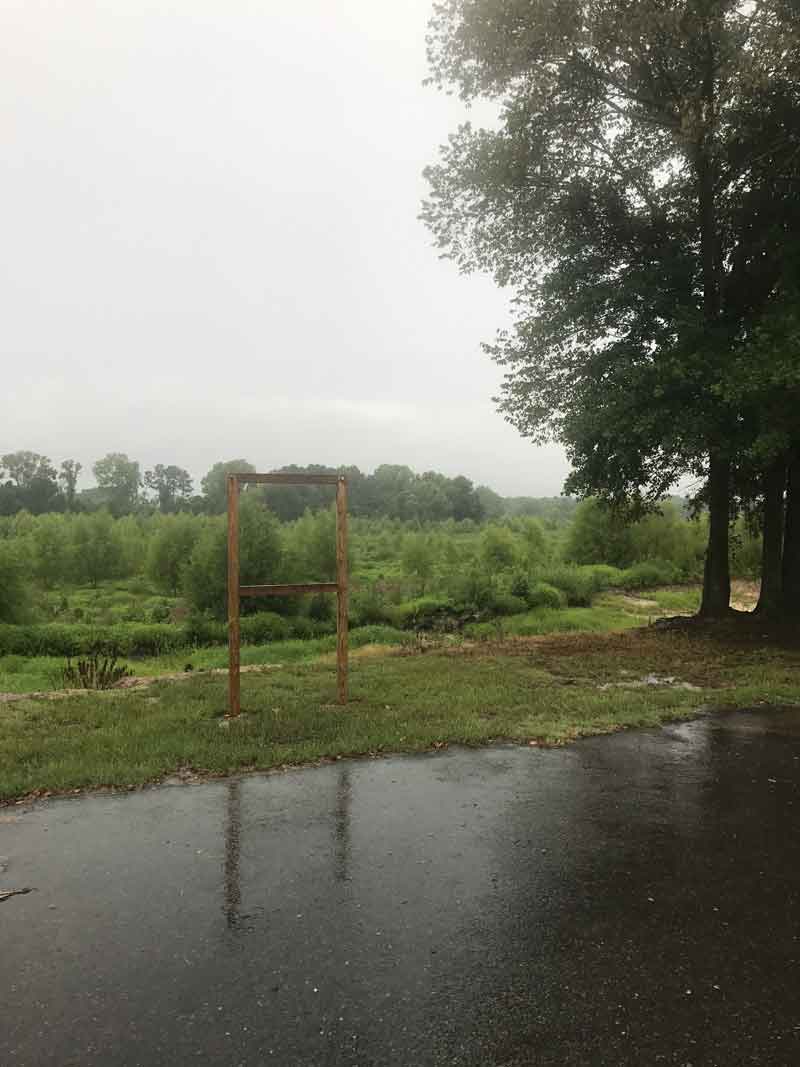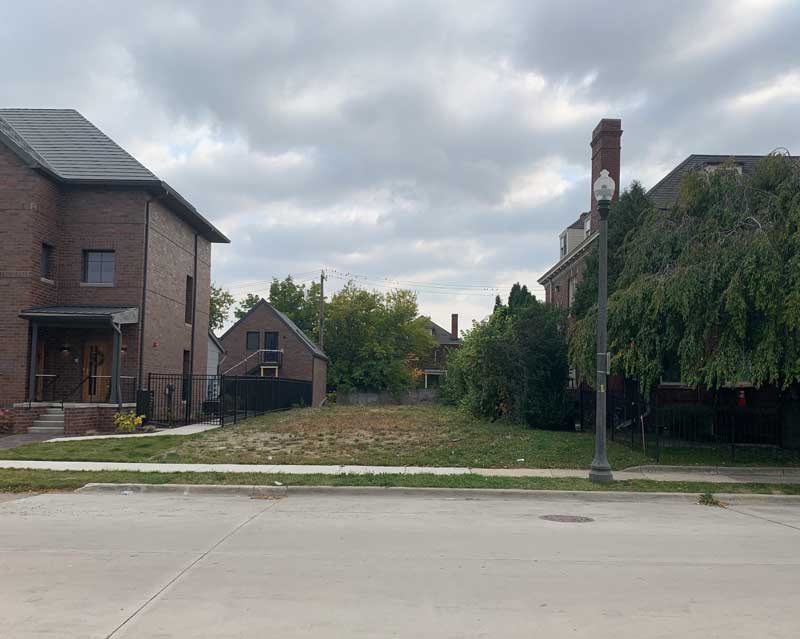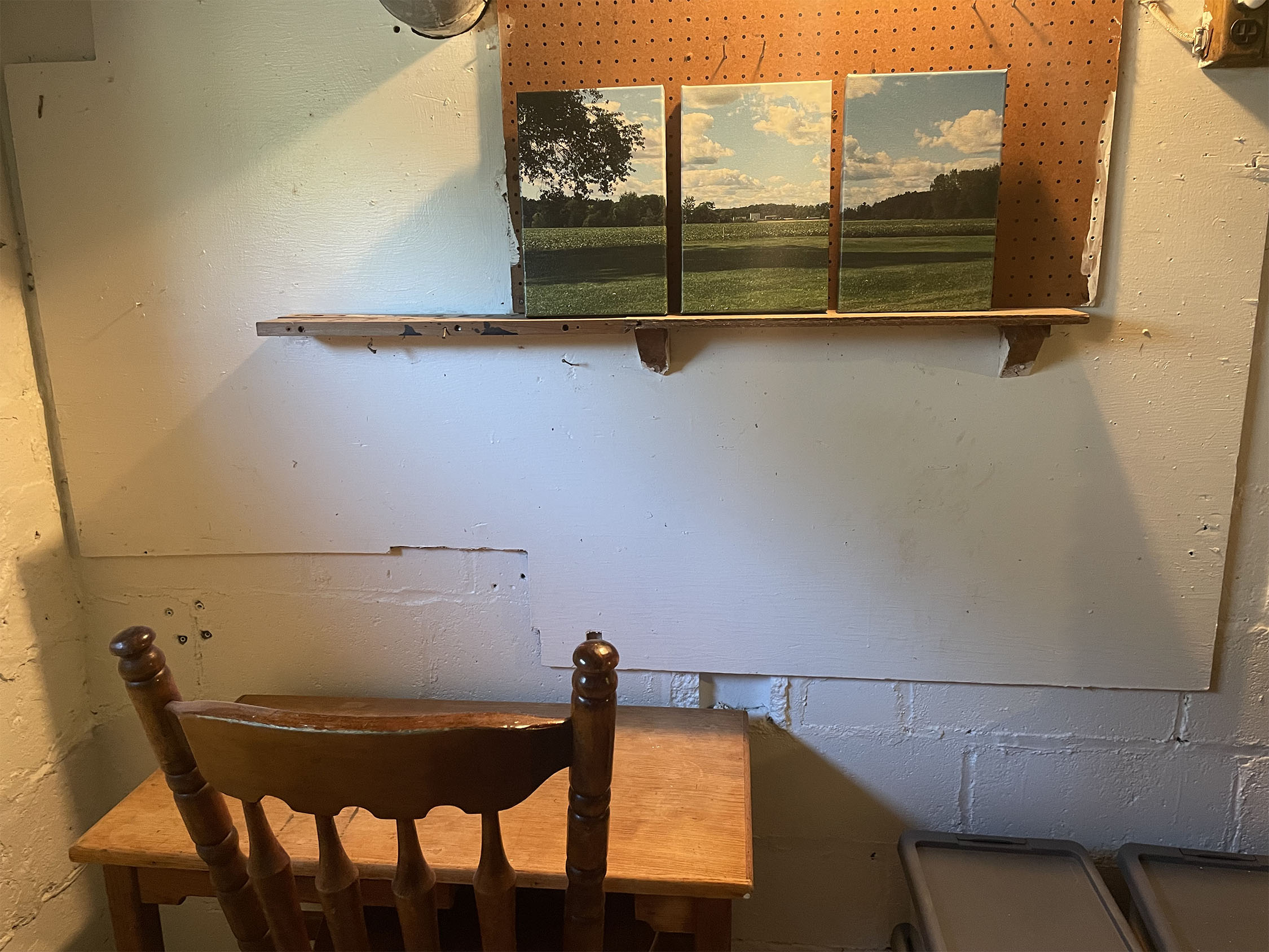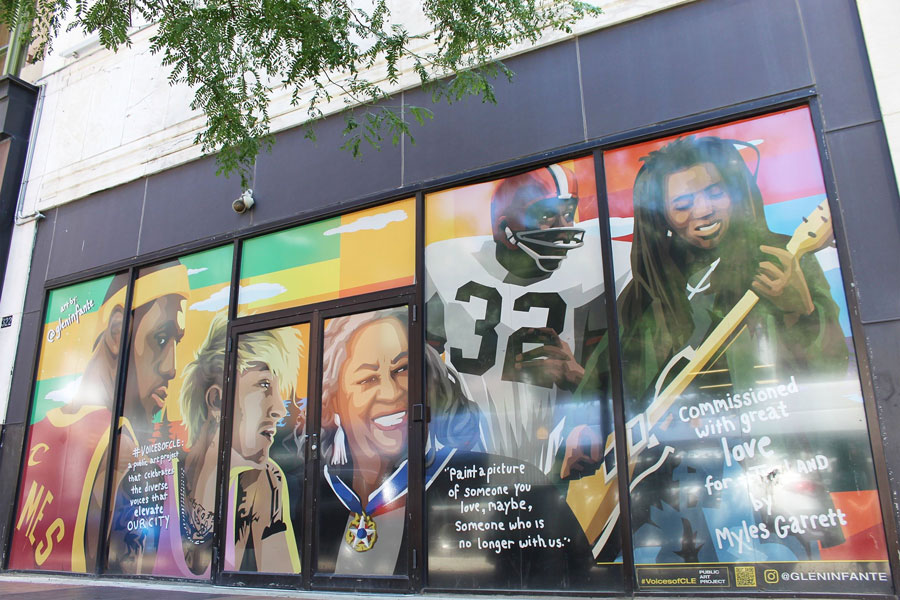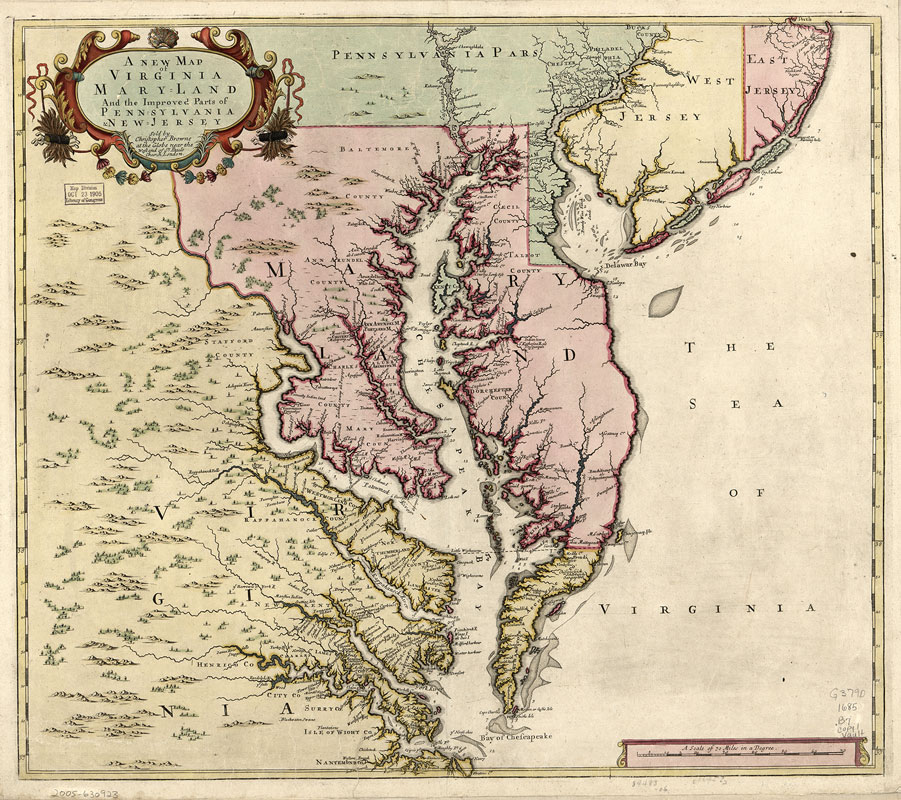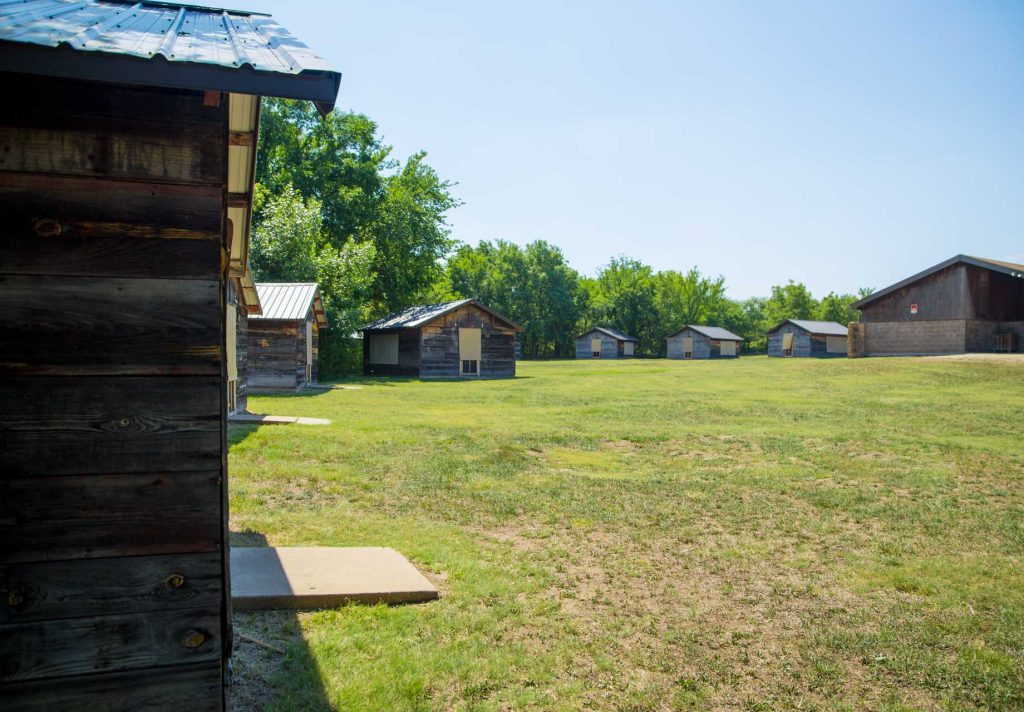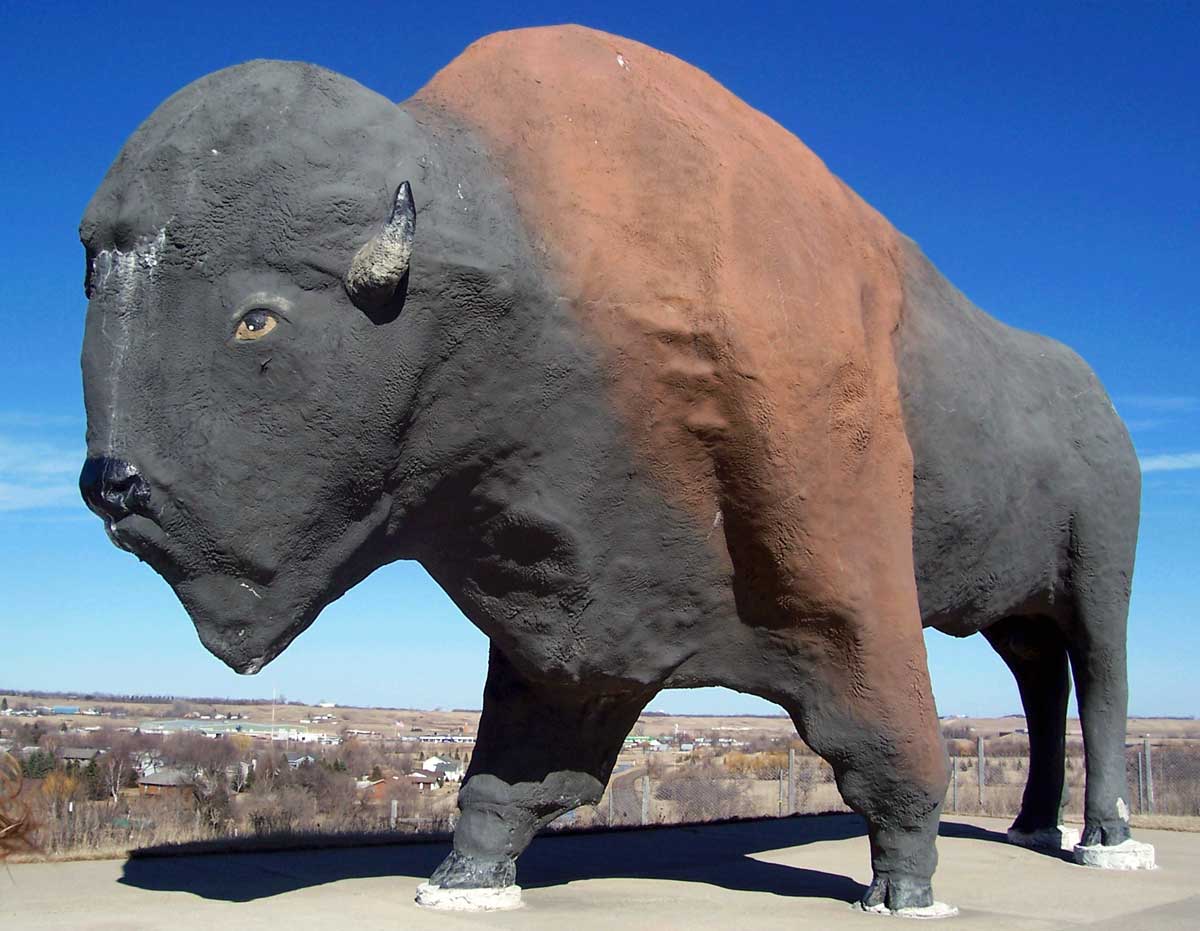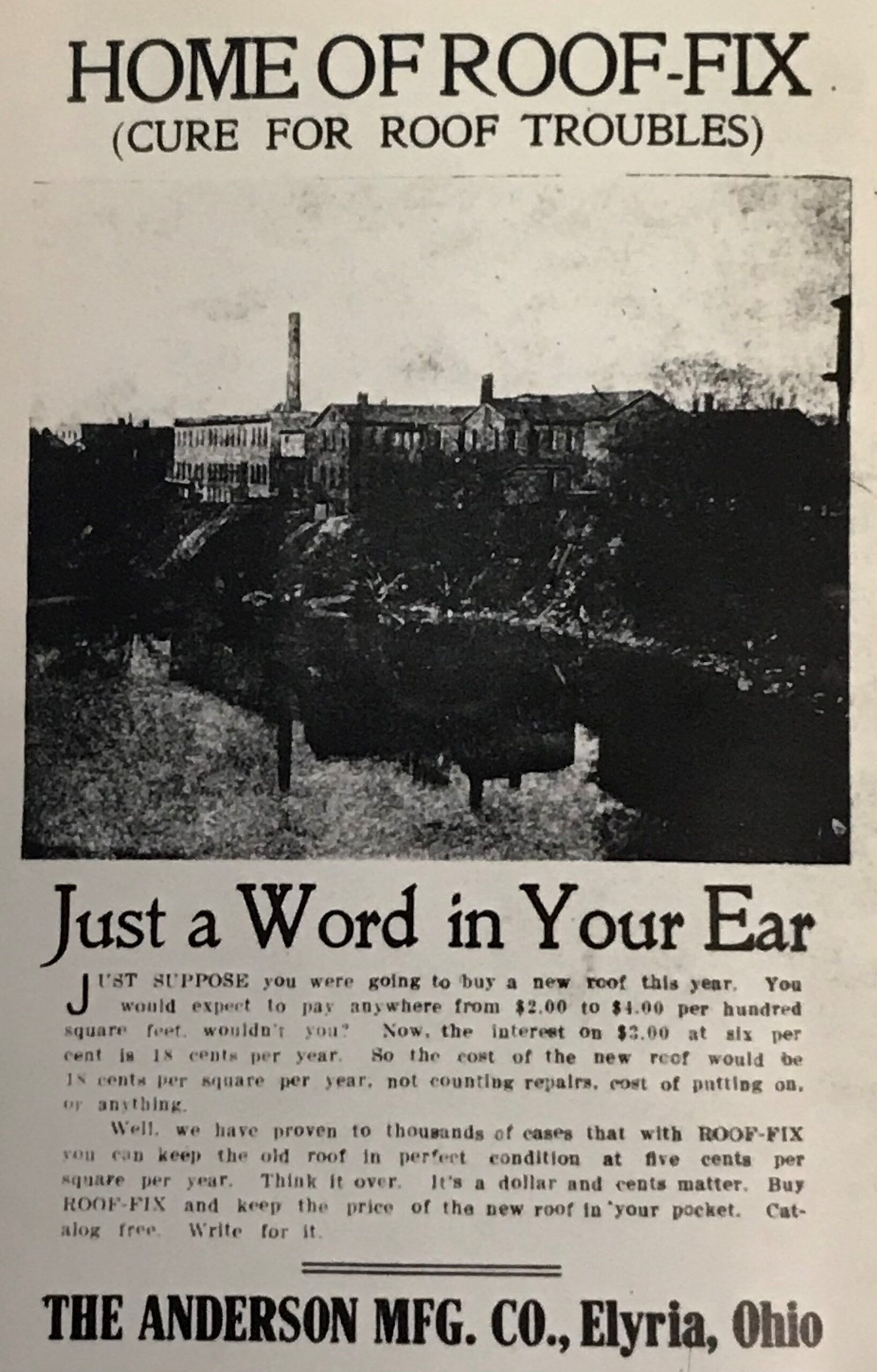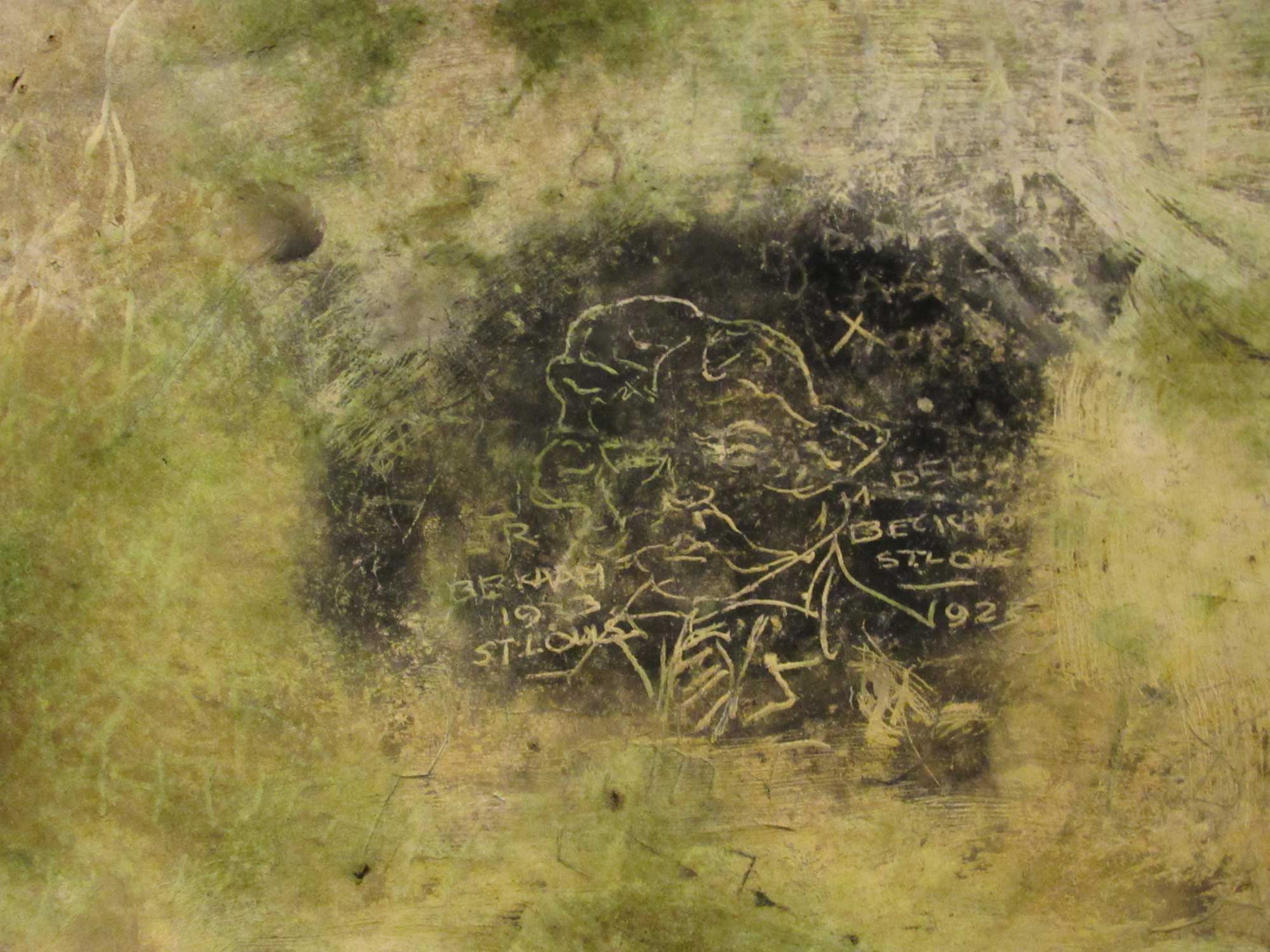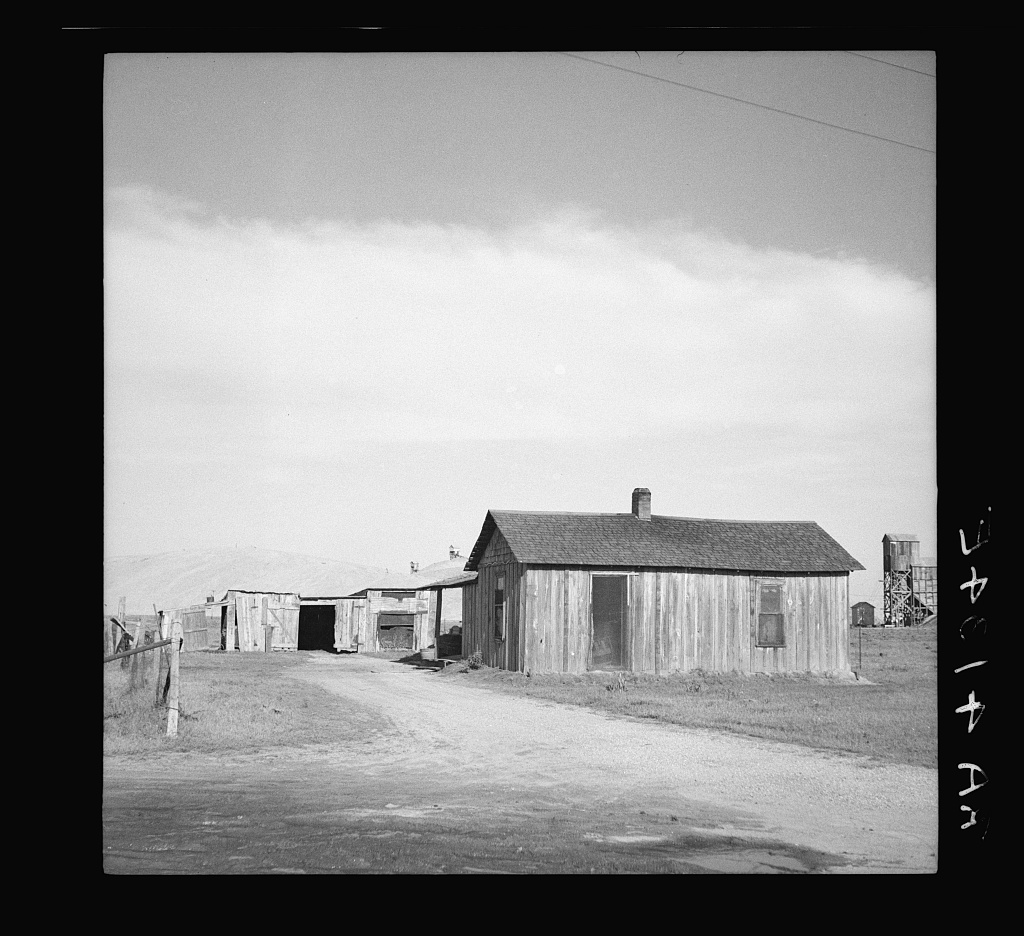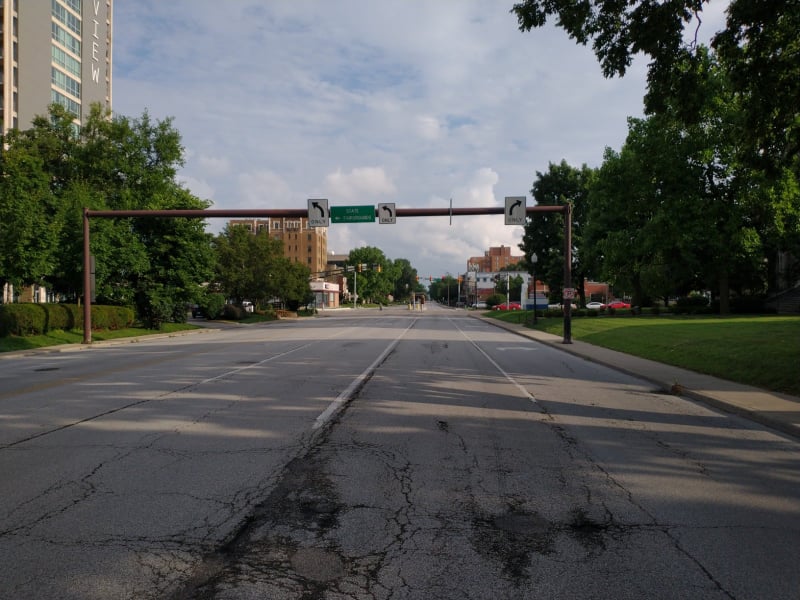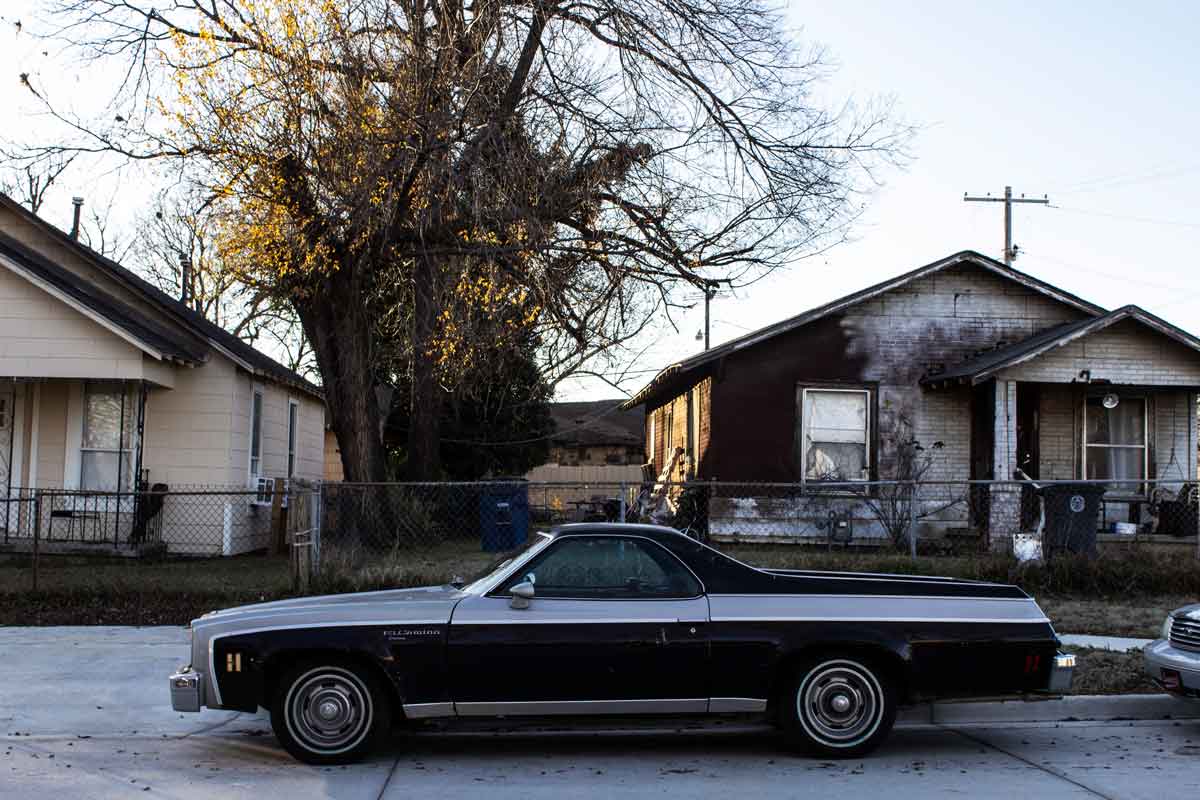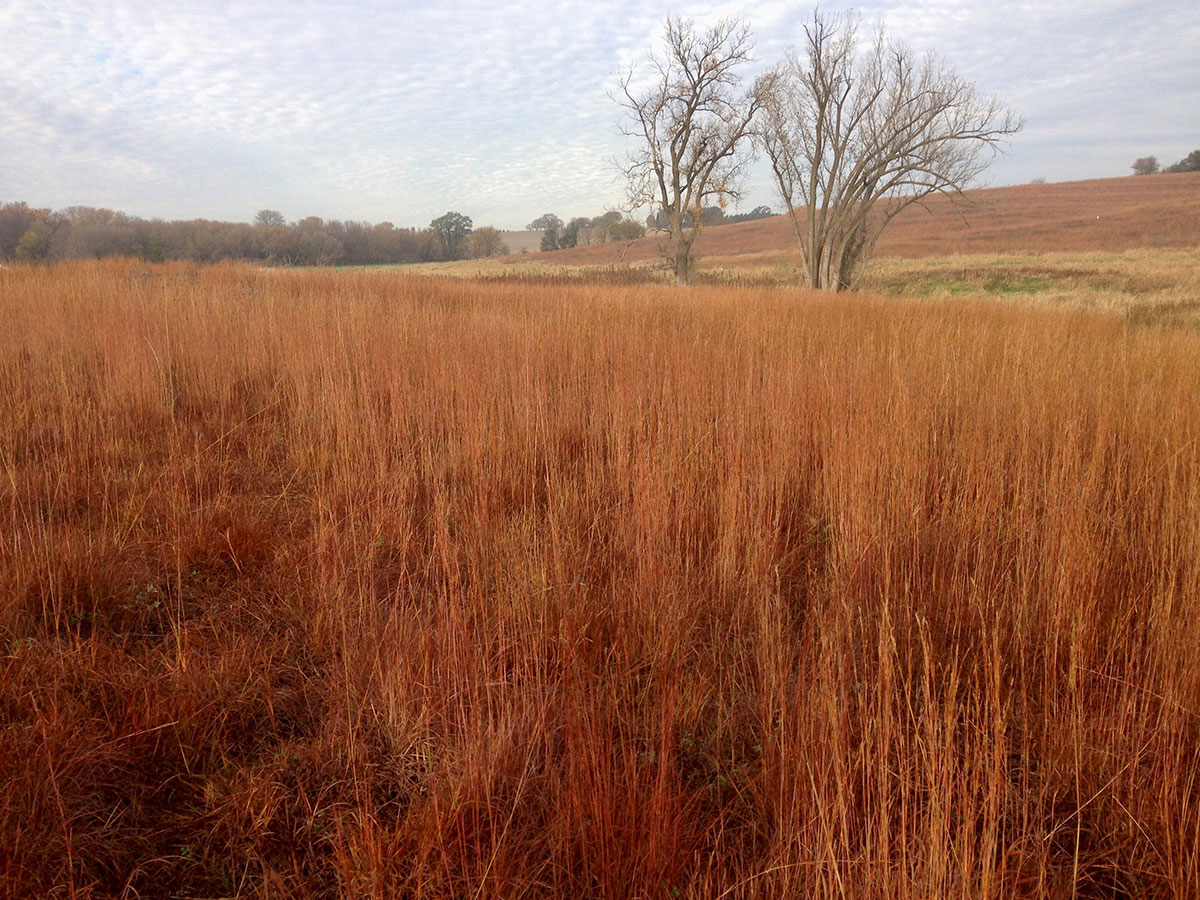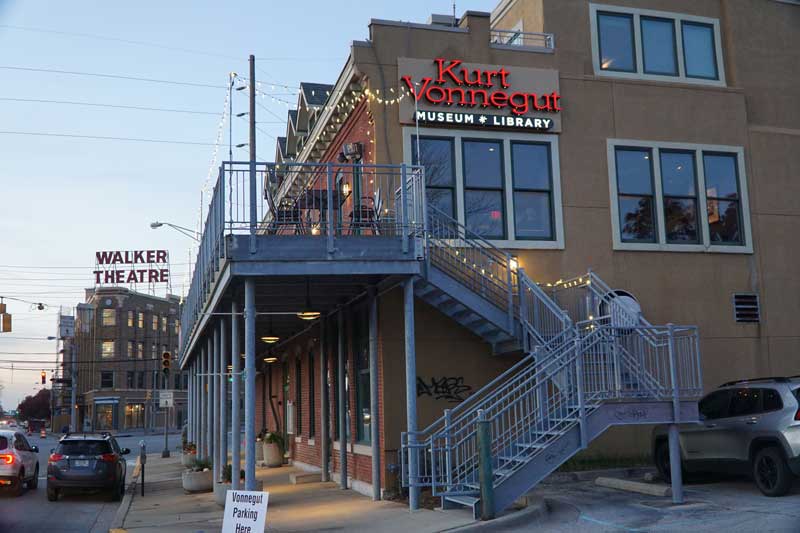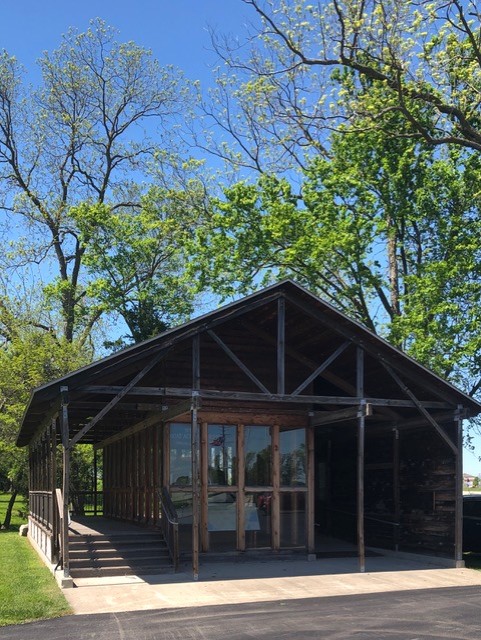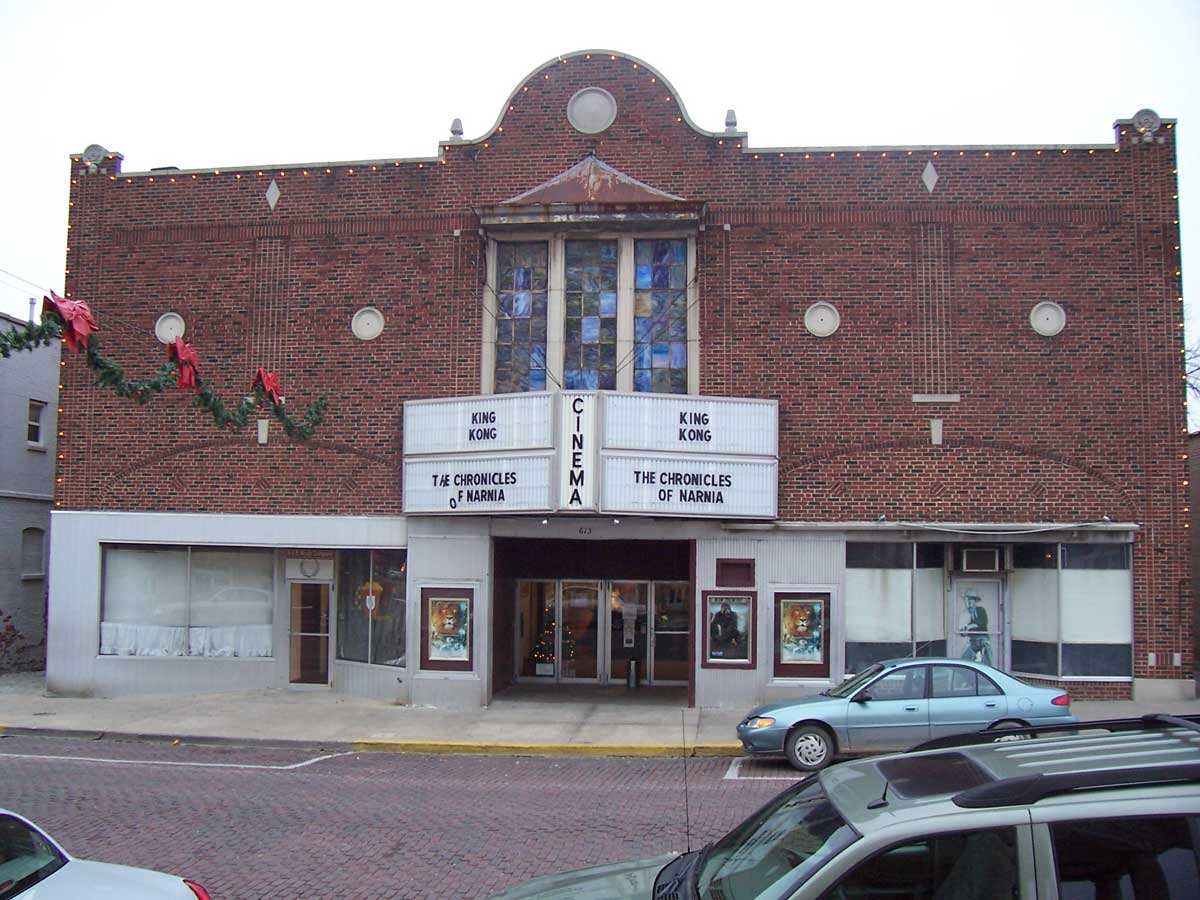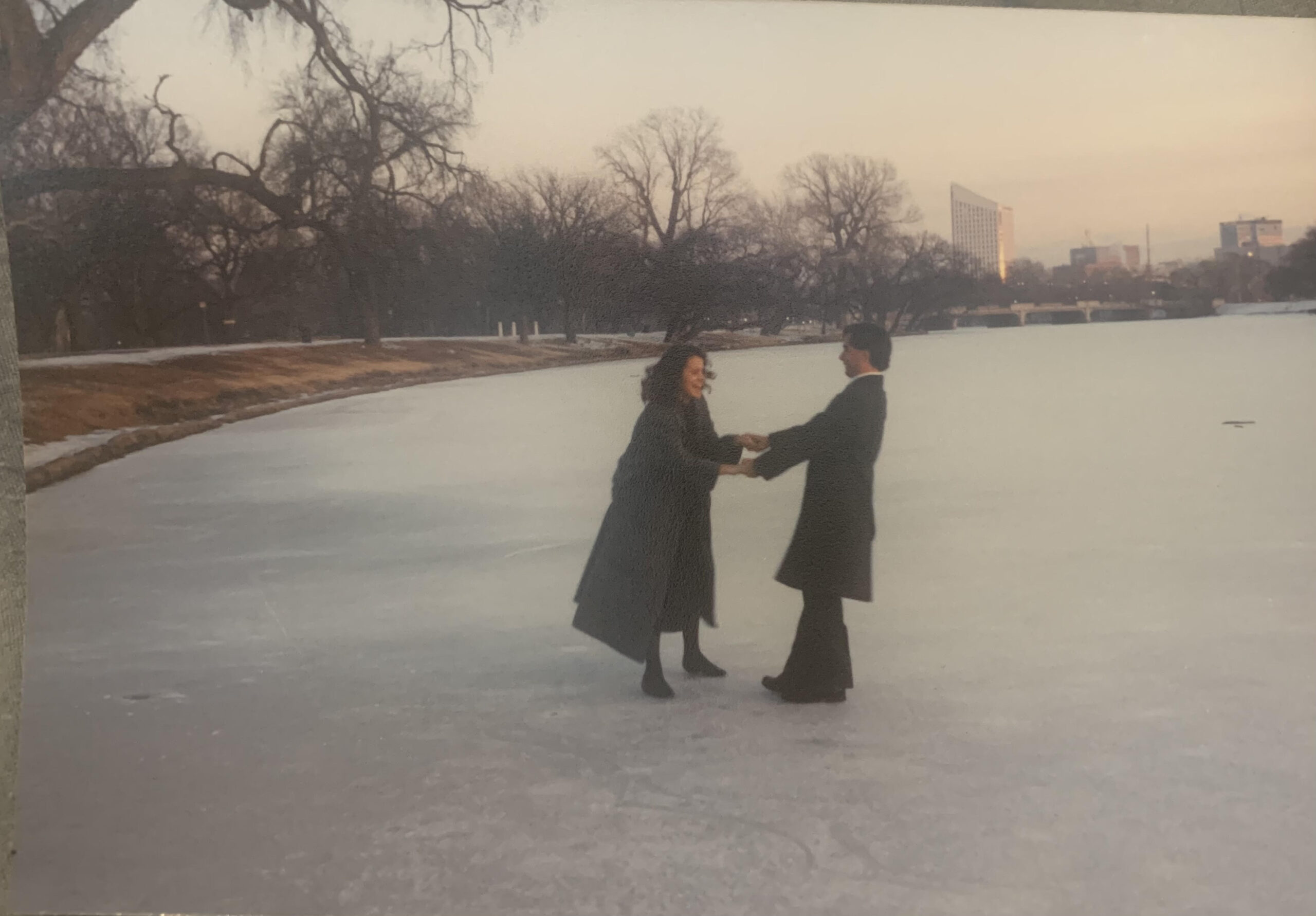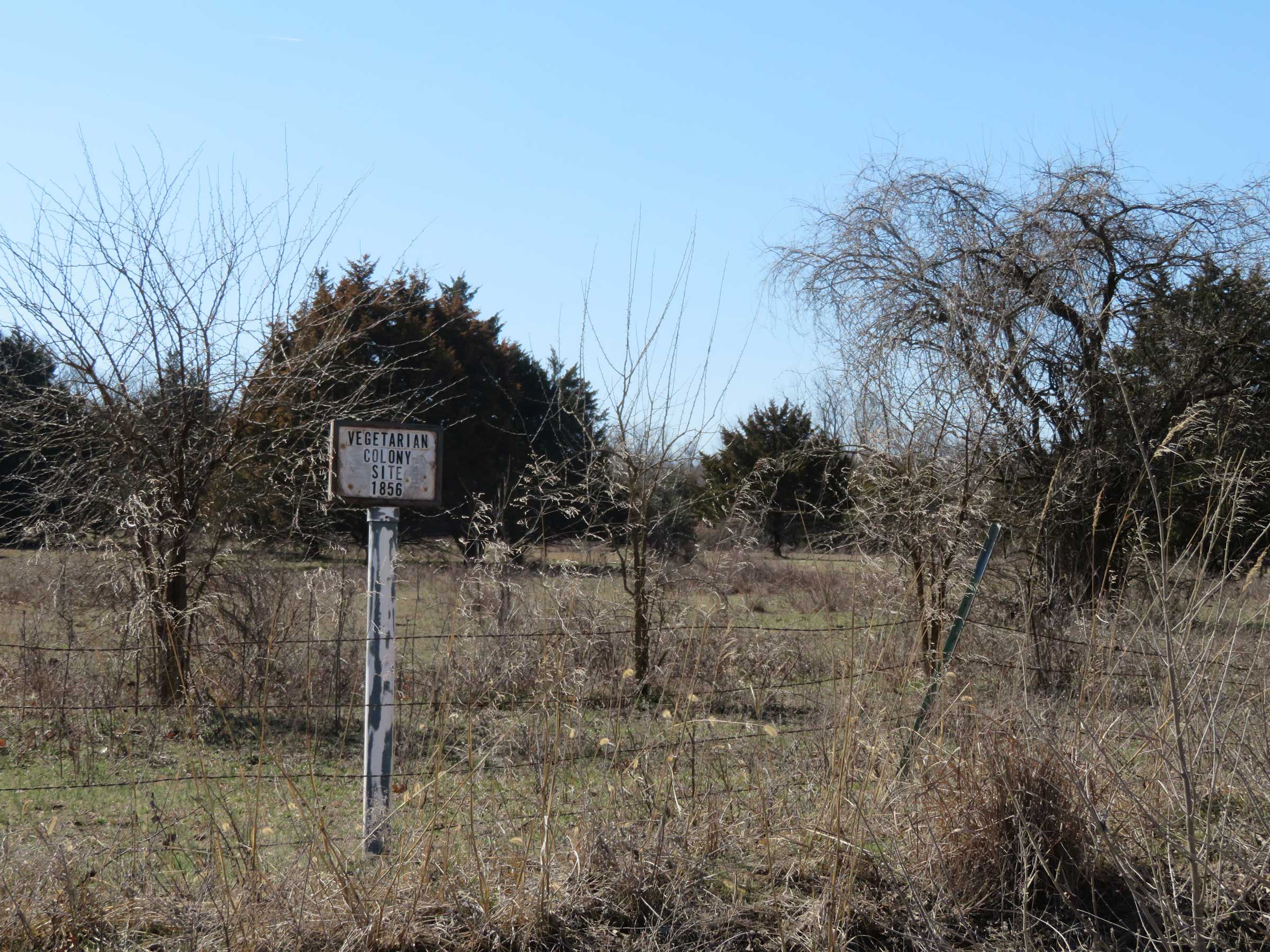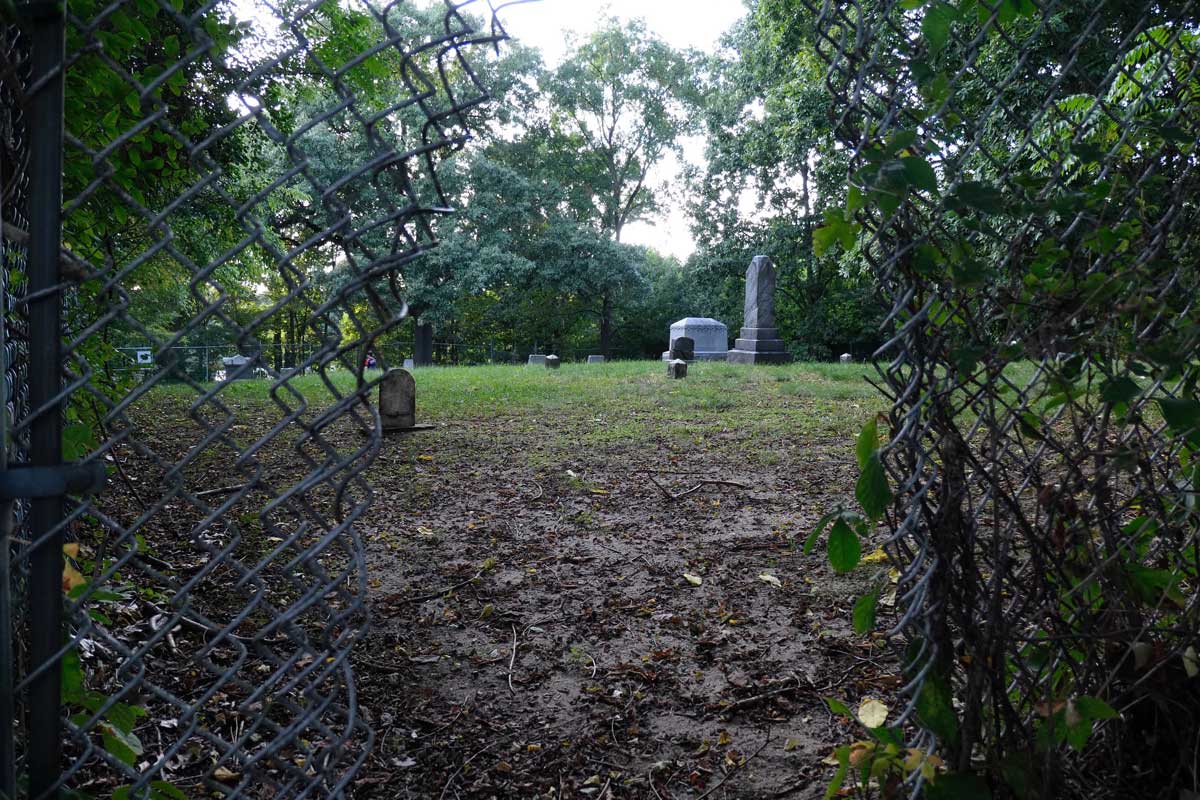Toni Morrison
Thayer Hall
West Point, New York
By Trivius Caldwell
Born Chloe Wofford on February 18, 1931, in Lorain, Ohio, Toni Morrison was the second of four children and a precocious reader. She attended Howard University in 1949 and, later, taught there for seven years. In 1965, following the birth of her second son, Morrison moved to Syracuse, New York, to work for Random House. There, she edited work by African American writers Angela Davis, Gayl Jones, and many others. Morrison’s oeuvre is replete with aspects of African American vernacular and themes of race, gender, and sexuality. Her tenth novel Home (2012) is a departure from much of her ephemeral work and centers around a male protagonist, a war veteran. Portraying Frank Money as a protagonist grappling with profound troubles and trauma, who embarks on a journey back home after the Korean War, underscores the significance of delving into complex notions of home while reevaluating the concept of family. It seems odd Frank Money and cadets at the United States Military Academy at West Point might have something in common, yet the tragedy of war is but one way of straying from home.
The academy is nestled in the Hudson River Valley, north of bustling New York City. The old fortress, West Point, is home to almost 4,300 cadets from across our nation and territories. They represent the best of us as they prepare to lead our Nation’s sons and daughters. The Cadet Corps calls the Academy home, and along the Hudson river, they prepare to defend liberty. In the spring, the sun peaks over the adjacent mountain range, toying with cadets as they scuttle to classes under the final chill of winter. On the clearest day, the cityscape of the Big Apple appears like a distant mirage.
Sometimes, cadets travel by train toward the city’s glow. Unbeknownst to them, the river flowing broadside of their locomotive was also home to perhaps the greatest literary genius of our time, Toni Morrison. She too called a portion of the Hudson’s bank home. Morrison lived in the village Grand View on the Hudson, a quiet place to write while staring into the river’s reflection of that passing train. Her novels — including classics like The Bluest Eye (1970)and Beloved (1987) — represent the reality of the American African interior by depicting an Africanist presence in America’s soul. Teaching at West Point, I often admired cadets as they reflected on their future military service while gazing into that same soothing water. The Hudson River is more than just a canal to the Big Apple; it is an artery of the imagination.
Follow that river north and the gothic architecture of Thayer Hall emerges from the rolling hills of the Hudson highlands. Thayer Hall stands as a testament to both history and transformation. Originally conceived as the Riding Hall for the horses, this architectural gem proudly showcases the Gothic Revival style, mirroring the grandeur seen in other structures at West Point from the same era. Its robust exterior, crafted from gneiss masonry in random ashlar coursing, is accentuated by limestone parapets, window and door surrounds, and elegant belt courses. Granite additions, particularly at the bridges leading to its west side, further enhance its stately presence.
On March 22, 2013, Toni Morrison shuttled a short distance north to lecture to the Plebe (freshman) class in the Roscoe Robinson Jr. auditorium in Thayer Hall. Her work on depicting the totality of our American experience is all too familiar to cadets — those charged with reading Home as they reflect on the inner turmoil and implications of their service — especially given the experiences of Morrison’s protagonist Frank Money.
The acoustics in the auditorium transformed her writing into a symphony, harmonizing the rustle of a thousand pages turning simultaneously with the mellifluous cadence of Morrison’s jazzing voice. At once, the soundscape transformed the room into both canvas and cave, capturing the collective breath of anticipation and the energy of a captivated audience as cadets immersed themselves in Morrison’s literary imagination. The ethereal fusion of turning pages, coupled with Morrison’s voice resonating in the air, created a transcendent experience wherein the written and spoken word converged with an almost orchestral precision, inviting listeners to navigate her narrative. The auditorium, alive with the resonance of storytelling, became a sanctuary where the magic of literature unfolded in a captivating and immersive symphony. After all, Morrison makes fiction an oral art form. She is a master of manipulating sound by employing jazz characteristics in her writing.
Interestingly, that auditorium is named after a St. Louis native who ascended the military hierarchy to become the first African American four-star general in the United States Army. The formerly known “South Aud” served as a lecture facility for the Corps of Cadets long before the 1958 commemoration of the auditorium for General Robinson, who is emblematic of the pride that motivates Cadets to serve in times of war. However, the purpose for renaming it demonstrates the same exigence motivating Morrison’s fiction — belonging.
The Cultural Affairs Seminar (CAS), a cohort of cadets of color at West Point, petitioned for the auditorium’s name change because they were not satisfied with their lack of reflection in the gothic stone. Like others seeking to join the Long Gray Line to defend freedom, they wanted to be represented at the historic military mainstay. As with Morrison’s depiction of the Korean War veteran Frank Money — not to mention Shadrack, Paul D, and the Harlem Hellfighters in other novels — the cadets were willing to scratch the calcified scab of national history by using voice and action to assert their place.
Long landscapes like the Hudson River, the stone Riding Hall, and the auditorium and its acoustic flair served as the setting for the writer’s tutelage. Everyone awaited her voice, loud like the silence itself, signaling a legacy and ghosts of the past. On the hallowed grounds of West Point, she whispered Frank Money’s thoughts: “I only remembered the horses. They were so beautiful. So brutal. And they stood like men.”
Trivius Caldwell is an active-duty Army Infantry officer. He served as an Assistant Professor of English at West Point from 2011-2013. Trivius is currently a PhD Candidate in the Department of English at Duke University where he studies African American literature, sound studies, and hip-hop literature.

